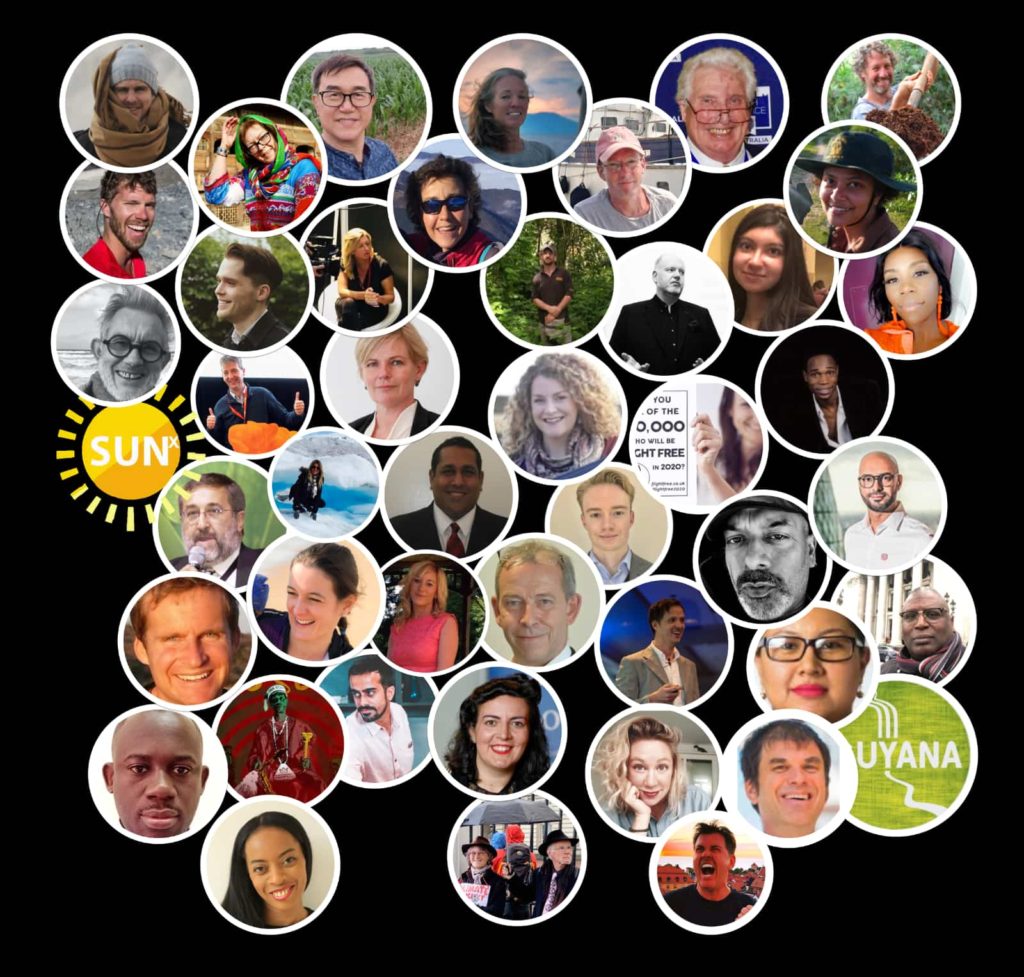
How the oceans’ coral reefs could be the secret weapon to tackle food insecurity around the world
New research suggests that rebuilding coral reef fish stocks to sustainable levels could significantly increase food security, particularly in regions facing hunger and micronutrient deficiencies.
The study found that sustainable yields could increase by almost 50%, providing millions of additional meals annually.
However, achieving this goal would require improved fisheries management, alternative livelihoods for fishermen, and potentially international support.

Why scientists are worried about Greenland’s huge Prudhoe ice dome
Scientists warn that Greenland’s Prudhoe Dome, a 500-metre thick ice cap, is at risk of melting due to climate change.
Research shows it last melted around 7,000 years ago during the Holocene period, suggesting it is highly sensitive to mild temperatures.
Projections indicate that human-induced climate change could reach similar warming levels by 2100, potentially causing the dome to melt again.
pics Photo by Christian Pfeifer

Residents in rural Greece struggle as bears and wolves make a remarkable comeback
The resurgence of bear and wolf populations in Greece, protected since the 1990s, has led to increased human-animal encounters, sparking fear among rural residents and farmers.
While environmentalists celebrate the conservation success, some locals call for greater protection, citing livestock losses and safety concerns.
Experts attribute the situation to habitat loss, food scarcity, and declining human populations in villages, emphasising the need for comprehensive solutions beyond culling.
pics Photo by Rasmus Svinding

COP30 must do good, not just avoid harm
COP30, hosted in the Amazon, presents an opportunity for Indigenous peoples to influence climate policy.
While Brazil aims for COP30 to be the “COP of implementation,” Indigenous peoples emphasise the need for direct access to climate finance and respect for their rights to self-determination and free, prior, and informed consent.
They also stress the importance of a holistic approach to adaptation and mitigation, ensuring that climate action benefits Indigenous communities and preserves their cultures and livelihoods.
With more than 3,000 indigenous people from Africa, the Arctic, Asia, North America, Latin America and the Caribbean, the Pacific, and Eastern Europe expected to attend COP30, the Global Caucus of Indigenous Peoples on Climate Change has developed positions on the summit’s main themes.
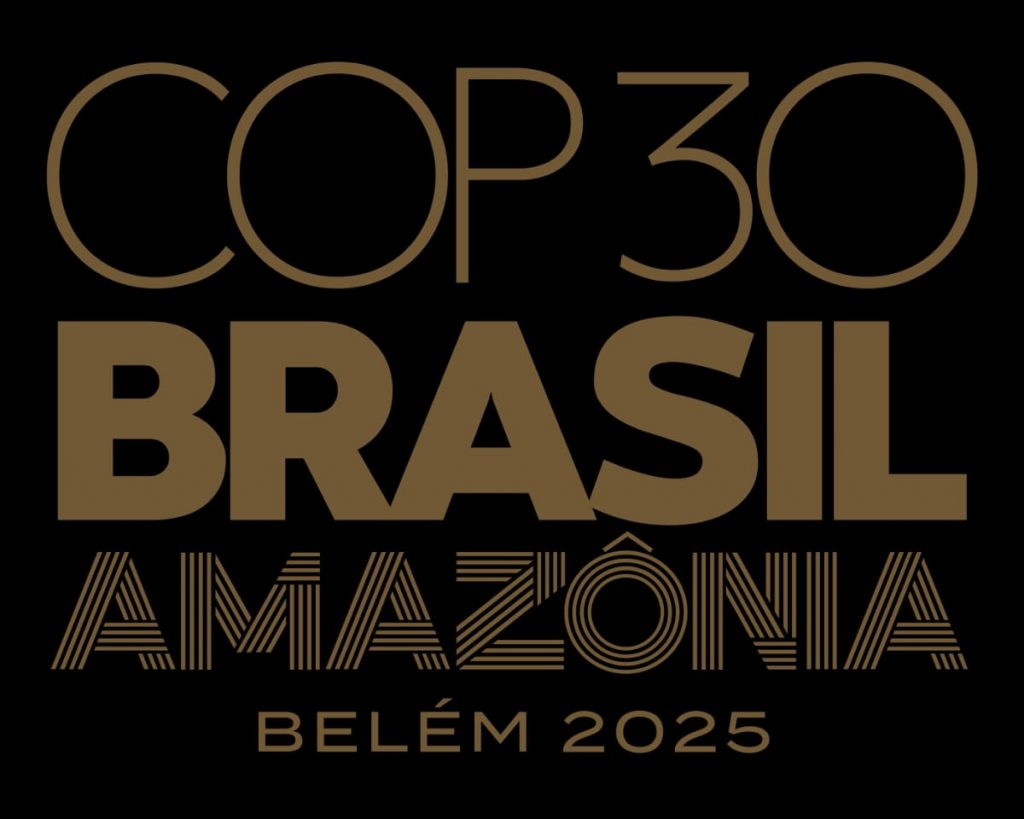
COP30: Trump and many leaders are skipping it, so does the summit still have a point
“Climate politics is now more than ever about who captures and controls the economic benefits of new energy industries,” (Joss Garman)
And that would be China; in 2023, clean technologies accounted for approximately 40% of China’s economic growth, according to the climate website Carbon Brief.
China produces over 80% of the world’s solar panels, a similar share of advanced batteries, 70% of EVs, and more than 60% of wind turbines – all at phenomenally low prices.
The President of the European Commission, Ursula von der Leyen, warned last month that Europe must avoid repeating the mistakes of the past and risk losing another strategic industry to China.
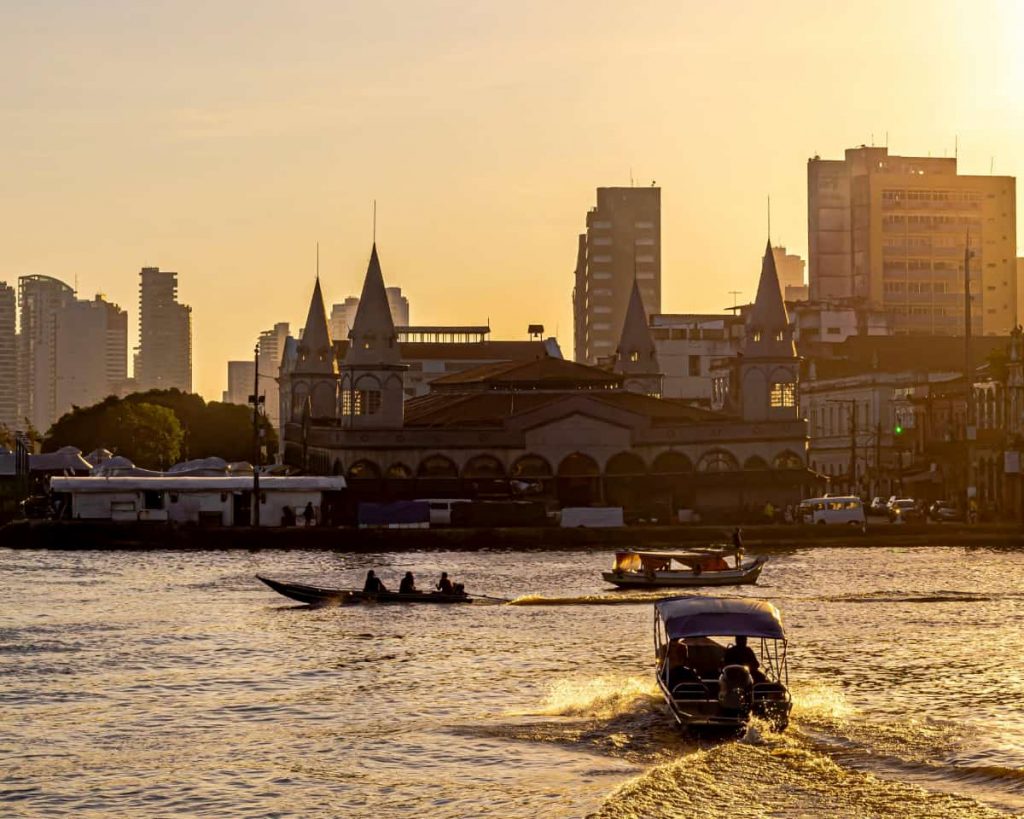
From pledges to action: Leaders push for faster climate progress at COP30
COP30 opened in Belém on Monday with a clear message: the era of half-measures is over. Climate change is here, devastating communities and driving up costs, but solutions are within reach. Clean energy is surging, resilience saves lives, and cooperation can still bend the curve further.
key priorities for COP30:
- A just and orderly transition away from fossil fuels
- Tripling renewable energy capacity and doubling energy efficiency
- Mobilizing $1.3 trillion annually for climate action in developing countries
- Approving a global framework of adaptation indicators
- Advancing the Work Programme on Just Transition and the Technology Implementation Programme
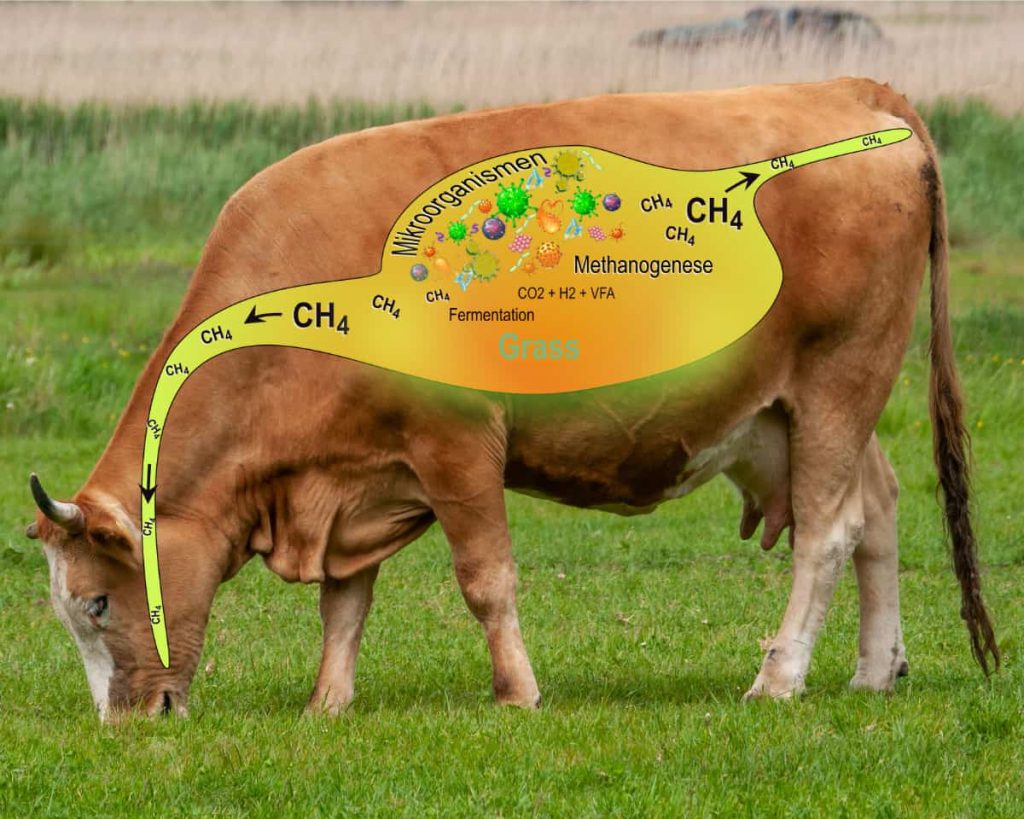
Rich countries have lost enthusiasm for tackling climate crisis, says Cop30 chief
“Somehow the reduction in enthusiasm of the global north is showing that the global south is moving,” Corrêa do Lago told reporters in Belém
Despite efforts by Brazil over more than six months to avoid a fight at the conference opening over what should be on the agenda, bitter disagreements over what the conference should focus on and what should be off the table are still likely on Monday.
One key climate pledge is already being undermined; the global methane pledge, requiring a cut in methane of 30% by 2030.
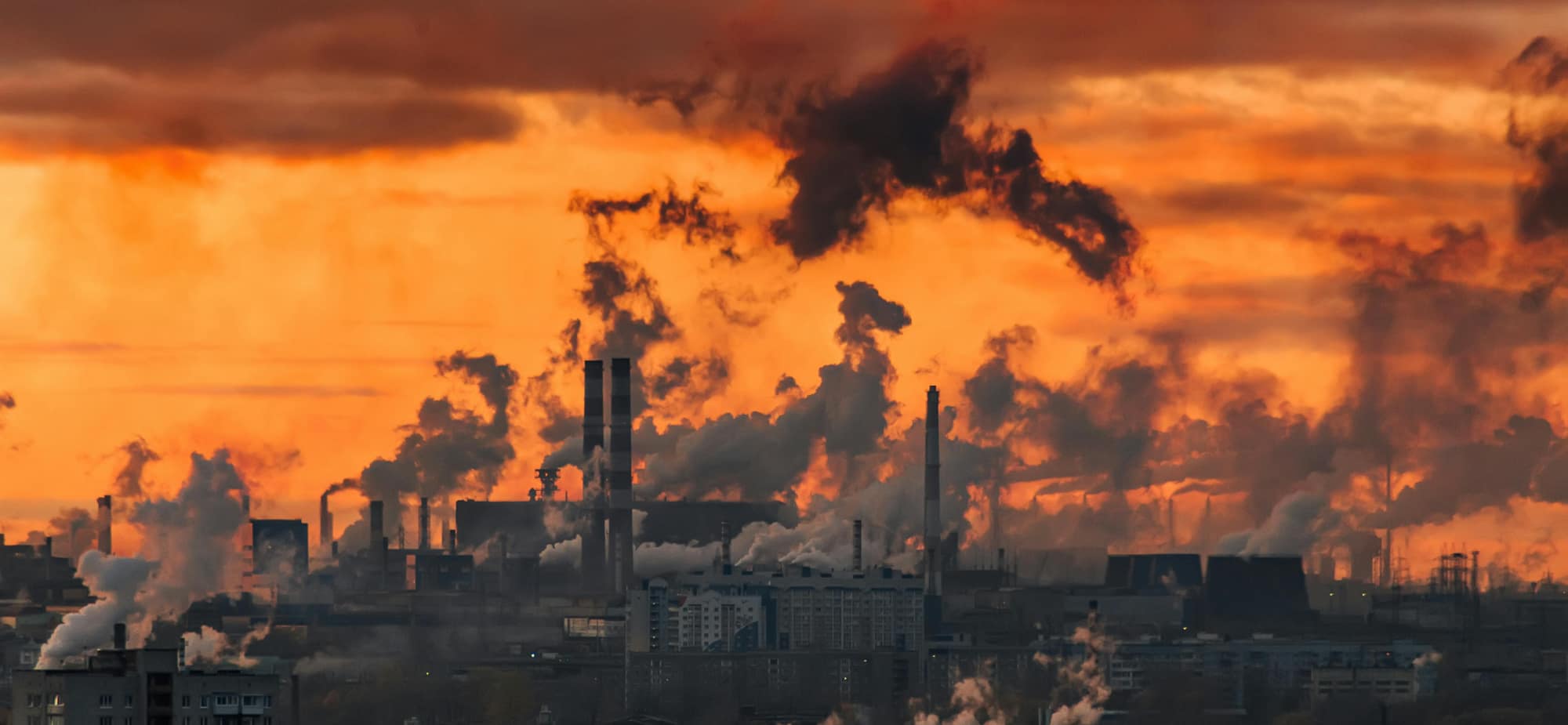
Breath of relief as EU commits to CO2 reduction climate goal ahead of COP30
The EU has committed to a 2040 climate target to cut CO2 emissions by 90% below 1990 levels.
This commitment, along with a 2035 target to reduce net greenhouse gas emissions by 66.25–72.5%, will be submitted to the UNFCCC ahead of COP30.
The EU aims to reinforce the importance of multilateralism and the Paris Agreement at the summit.
Photo by Антон Хаткевич
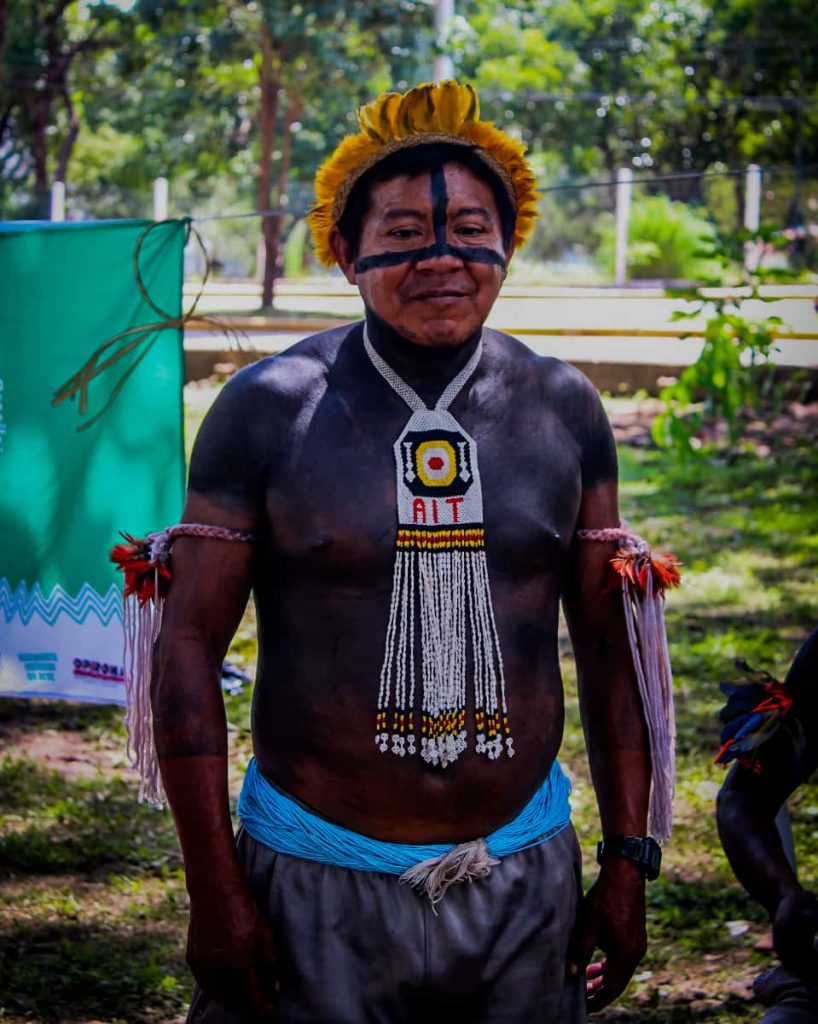
welcomes the COP30 climate change summit
No overriding theme has emerged ahead of the COP30. “No single major issue is likely to dominate the debates and negotiations this year. On the contrary, a myriad of very diverse topics will be on the agenda,”
Belem, a port city and gateway to the Amazon River, is an ideal venue for Brazil’s President Luiz Inacio Lula da Silva to shine a spotlight on Brazil’s forests while pushing for the creation of a new fund to combat deforestation, the Tropical Forests Forever Facility
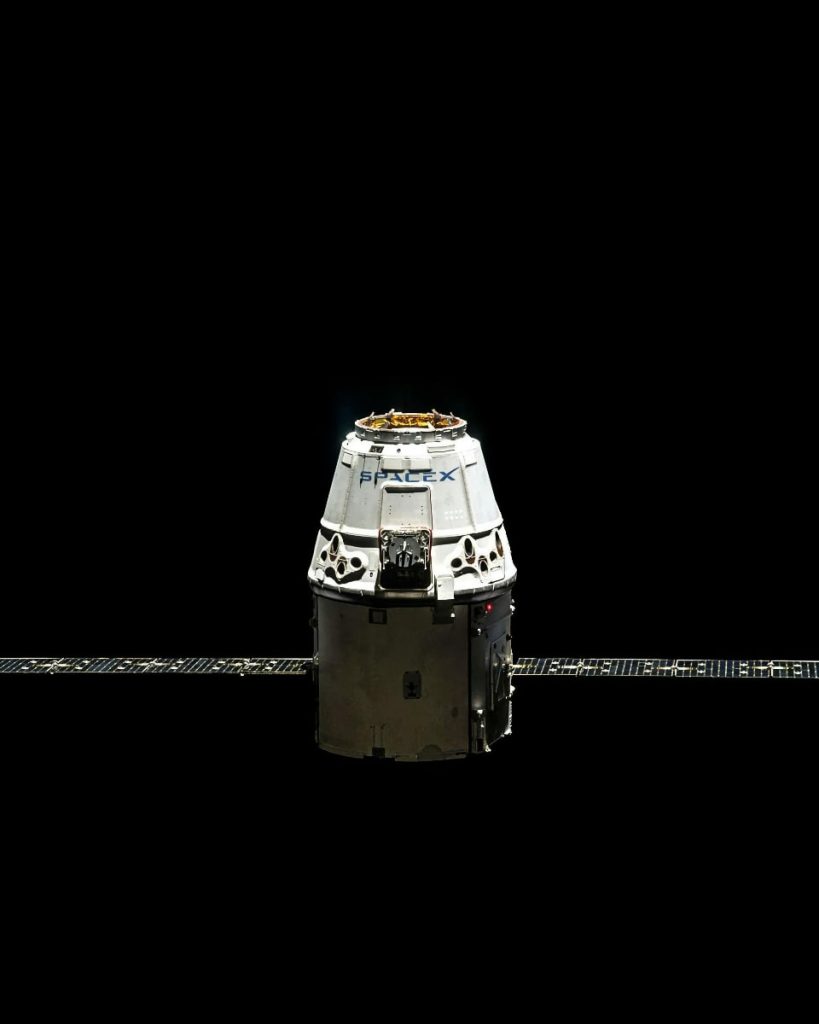
Satellites Discovered A Surprisingly Simple Strategy To Combat Climate Change
Satellite data reveals significant potential for natural reforestation of abandoned plantations and cleared forests, particularly in Brazil, China, Colombia, Indonesia, and Mexico.
This strategy, requiring minimal management, could be a cost-effective way to combat climate change, especially in lower-income countries.
Environmental protection schemes rewarding landowners for forest preservation could further incentivise reforestation efforts.
pic Photo by Pixabay
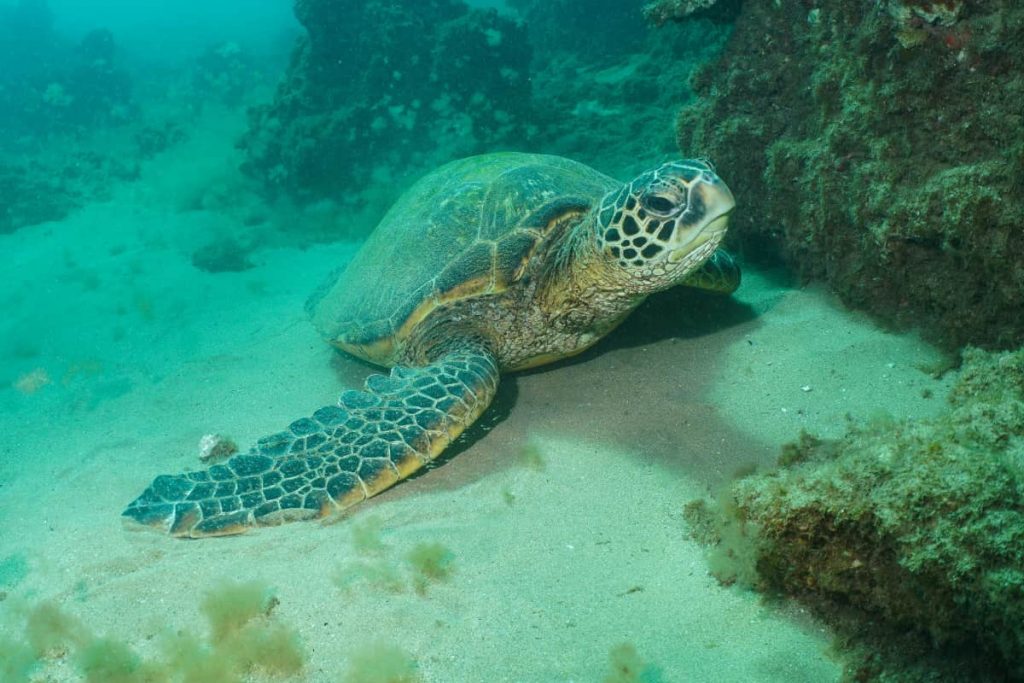
From ‘endangered’ to ‘least concern’: How green turtles have escaped extinction
Green sea turtles have been reclassified from ‘endangered’ to ‘least concern’ following a 28% population increase since the 1970s.
This success is attributed to conservation efforts protecting nesting females and eggs, reducing unsustainable harvest and addressing accidental capture in fishing gear.
However, experts emphasise the need for continued conservation efforts to ensure long-term survival.
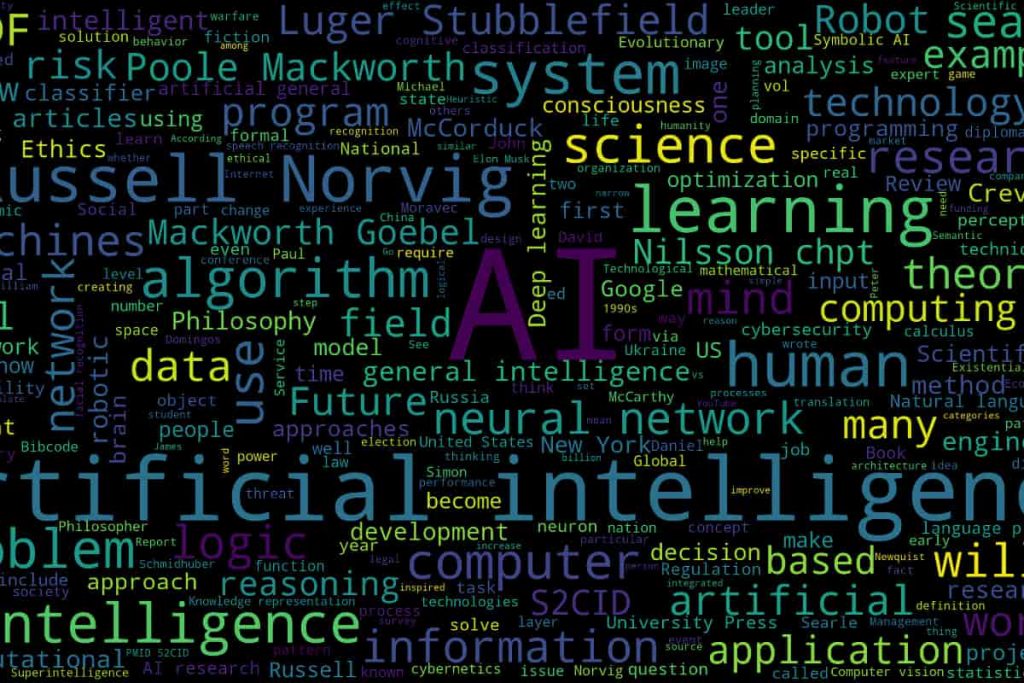
Bridging the gap: How AI can help—or hinder—the Sustainable Development Goals
Artificial intelligence has the potential to improve food security, fair work and climate resilience.
AI presents new opportunities for addressing some of the Sustainable Development Goals (SDGs) while simultaneously constraining and amplifying the issues they were designed to address, such as the increasing energy demands of large data centres.
As indicated in the linked article, the question is no longer whether AI is relevant to sustainable development but how to apply it in ways that reduce costs, expand access, enhance decision-making and do not exacerbate inequality.
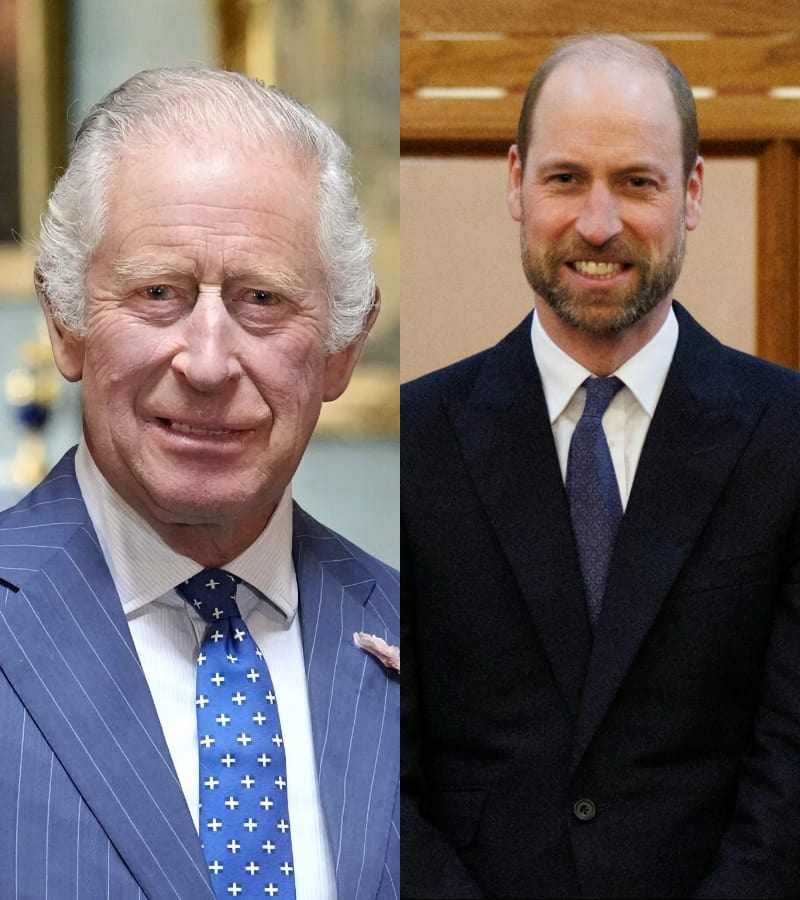
King Charles and Prince William join forces for COP30
King Charles and Prince William attended a reception at the Natural History Museum in London to honour COP30, the UN’s annual environmental conference.
Prince William will represent the King at the Heads of State Summit at COP30 in Brazil next month.
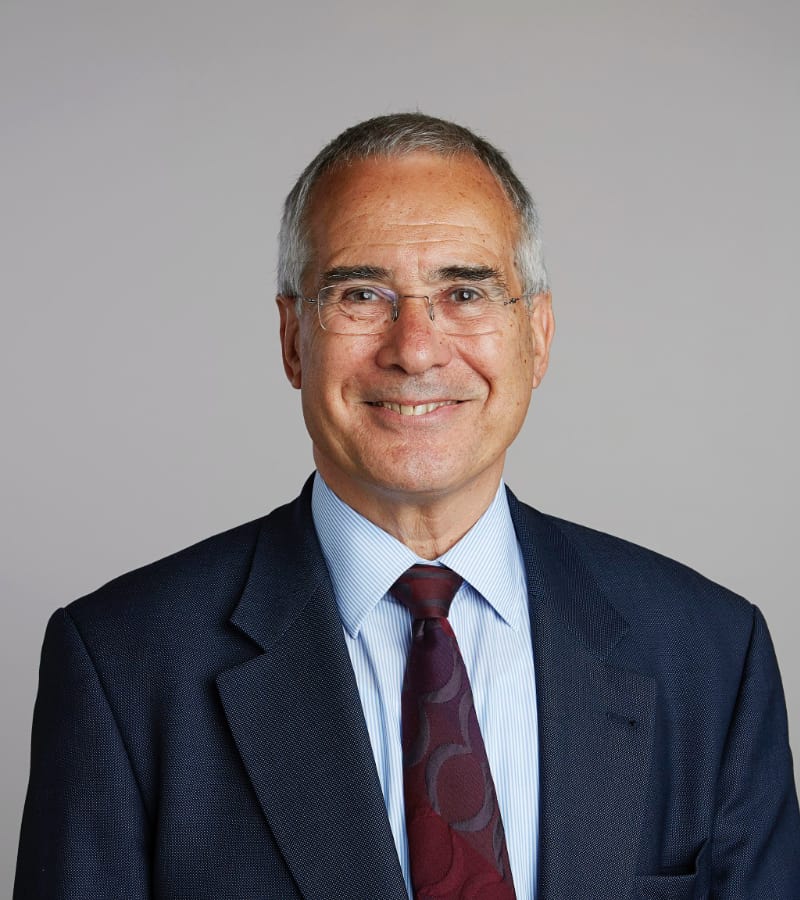
Climate investment is growth opportunity of 21st century, says economist
Economist Nicholas Stern argues that climate action is the economic growth opportunity of the 21st century.
He emphasises the plummeting costs of clean technologies and the potential for healthier, more productive societies.
Stern urges global leaders to prioritise climate action, highlighting the risks of inaction and the opportunities presented by a low-carbon economy.
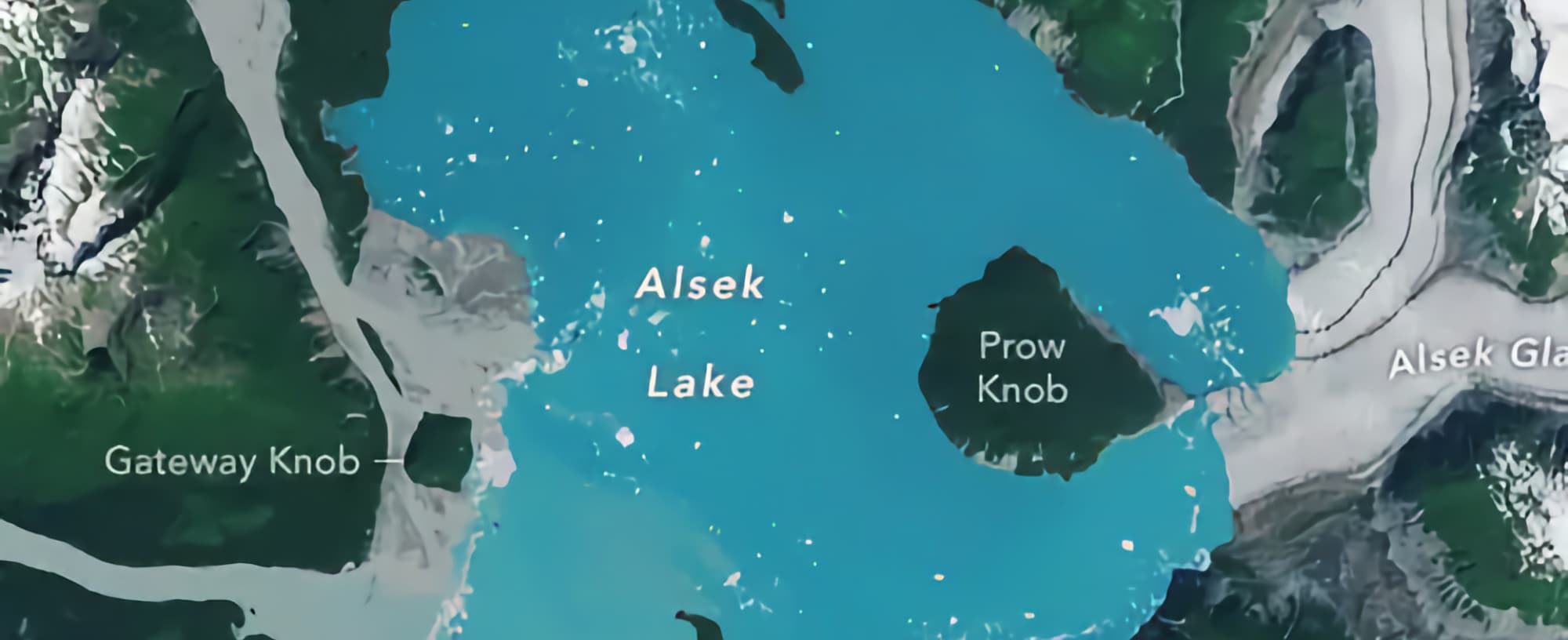
NASA issues warning as brand new island appears in Alaska
A melting glacier along the coastal plain of southeastern Alaska has formed an expanding lake over a period of four decades as captured by NASA satellites.
The island, Prow Knob, was once connected to the Alsek Glacier but has now become detached due to the glacier’s retreat.
NASA warns that further melting is expected, posing risks to the island’s stability.
Featured Image Credit: NASA

AI seen as key to achieving UN goals
Professor Arthur GO Mutambara emphasises the importance of AI in achieving the UN’s 2030 sustainable development goals.
He warns of the potential for AI to exacerbate global inequality and calls for global cooperation and a strategic framework to ensure equitable outcomes.
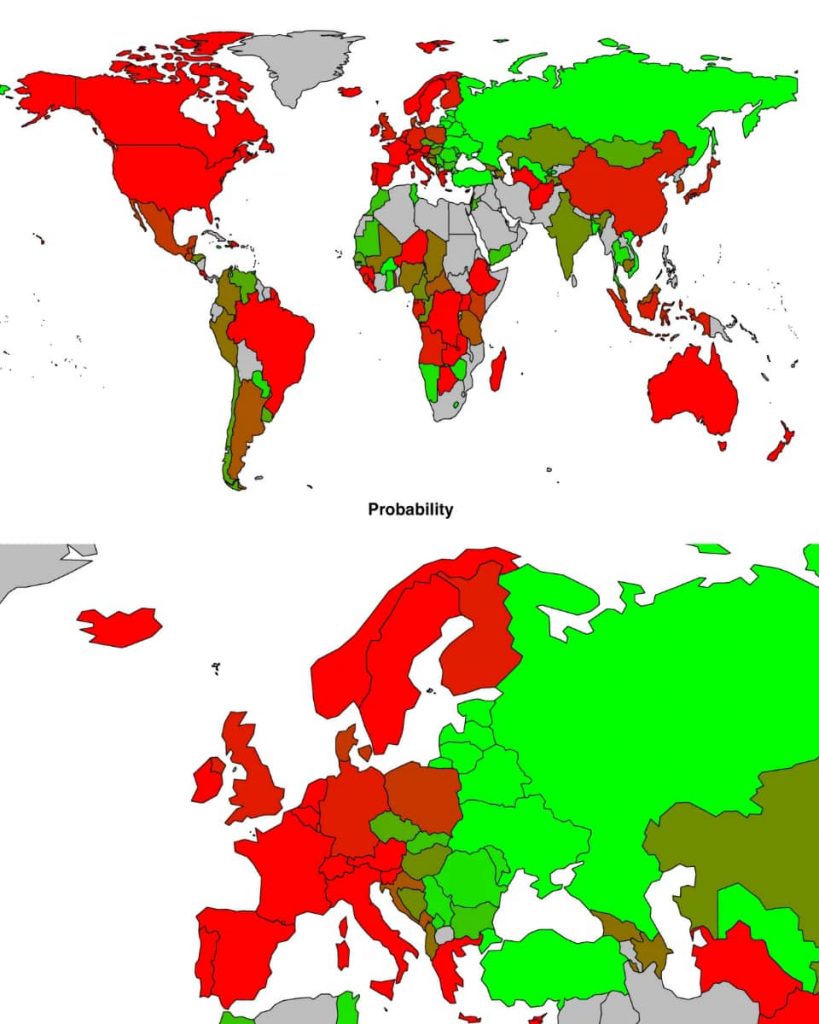
What the Heck Are NDCs? The Climate Plans That Could Make or Break the Paris Agreement
Nationally Determined Contributions (NDCs) are crucial climate action plans submitted by countries under the Paris Agreement. These plans outline how nations will reduce emissions and adapt to climate change impacts, with the next round due in 2025.
While progress has been made, current commitments fall short of the 1.5°C target, necessitating more ambitious action to avoid catastrophic consequences.
pic From the study “Country-based rate of emissions reductions should increase by 80% beyond nationally determined contributions to meet the 2 °C target”

Climate action in progress at more than 10,000 schools
Over 10,000 schools, nurseries, and colleges are taking climate action with support from sustainability programmes like Climate Ambassadors.
Climate Ambassadors, including experts like Professor Andrew Charlton-Perez and Charlotte Bonner, are helping these settings develop Climate Action Plans. These plans, created with input from students and staff, focus on practical changes to reduce energy use and promote sustainability.
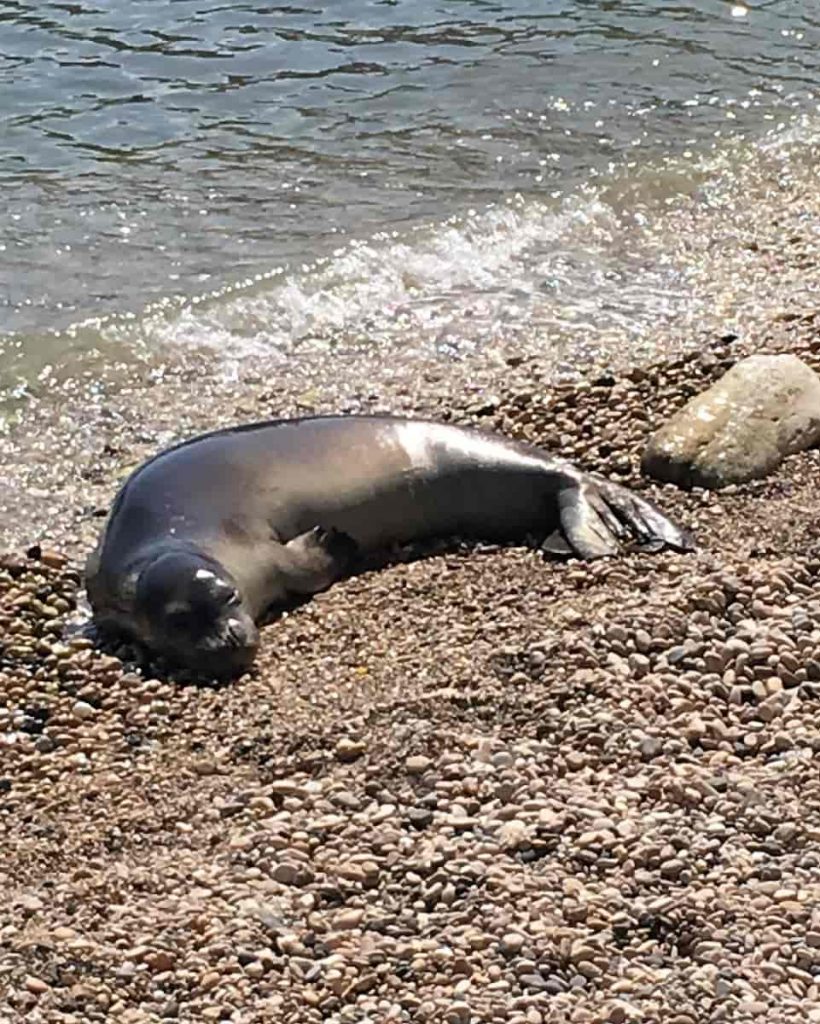
Meet the experts sailing to 26 Greek islands to protect endangered Mediterranean monk seals
The “Seal Greece” campaign, led by the Monk Seal Alliance and OFYPEKA, aims to protect the endangered Mediterranean monk seal. Spanning 26 Greek islands, the campaign uses augmented reality and local engagement to raise awareness about threats like boat disturbance and food scarcity. It emphasises maintaining a safe distance from seals and their habitats, especially during peak tourist season.
The campaign seeks to protect the Mediterranean monk seal, Monachus monachus, one of the world’s most vulnerable marine mammals.
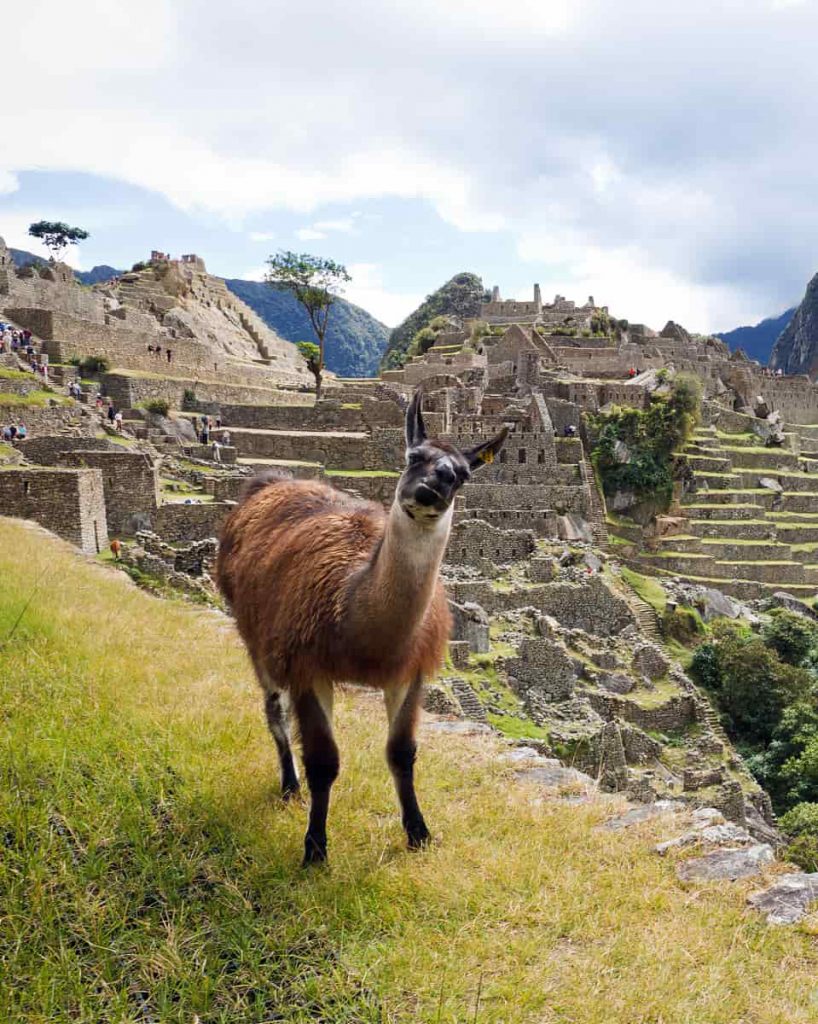
Lessons from the Incas: how llamas, terraces and trees could help the Andes survive climate change
The melting and disappearance of tropical glaciers in the Andes due to climate change is resulting in severe floods and droughts. Research indicates that Inca-era practises such as terracing, afforestation, and llama husbandry could assist in mitigating these consequences.
Organisations like Ecoan are actively engaged in restoring cloud forests and promoting agroforestry, drawing upon these ancient techniques to build resilience in the face of an impending water crisis.
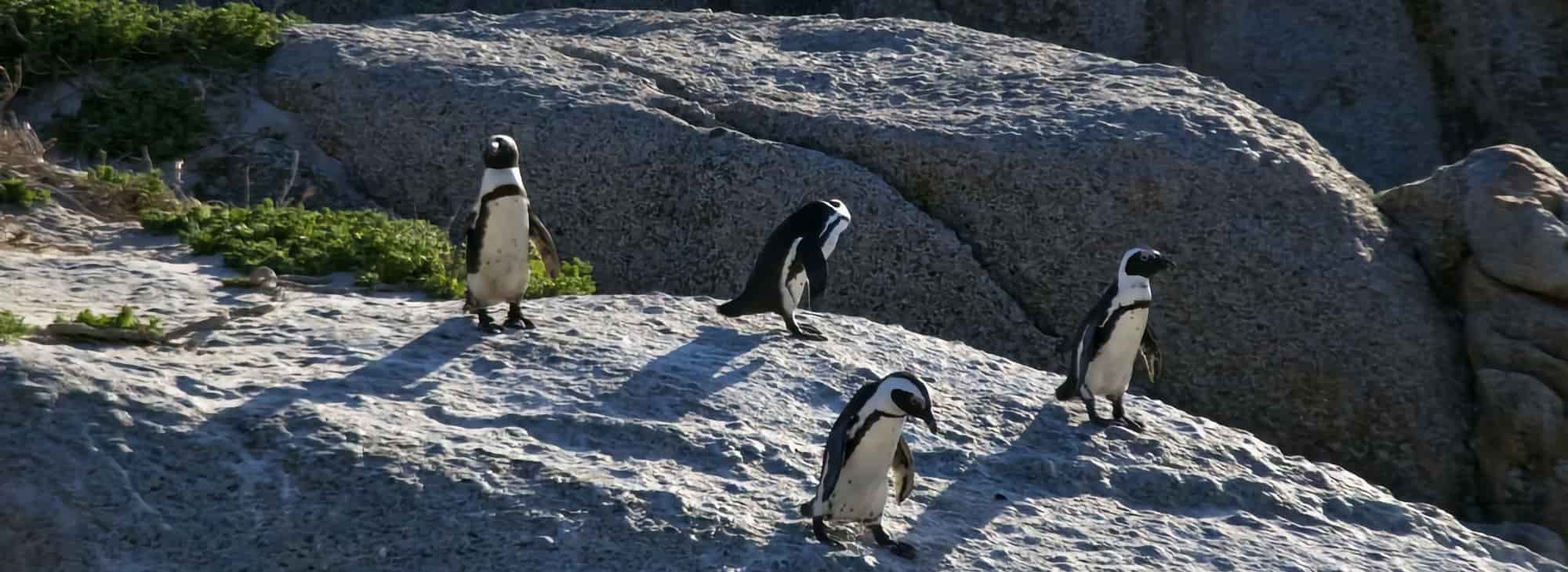
Cape Town Launches First AI in Tourism Hub to Drive Innovation and Ethical Use
Cape Town Tourism has launched the Cape Town AI in Tourism Hub, a collaborative initiative to position the city as a global leader in responsible AI use within the tourism sector.
The hub aims to address industry challenges, co-create strategic use cases, and promote ethical AI development.
Founding members include representatives from Cape Town Tourism, the Western Cape Government, Grasp Digital, Macrocosm.London Ltd, Google South Africa, and the Zanetti AI Institute
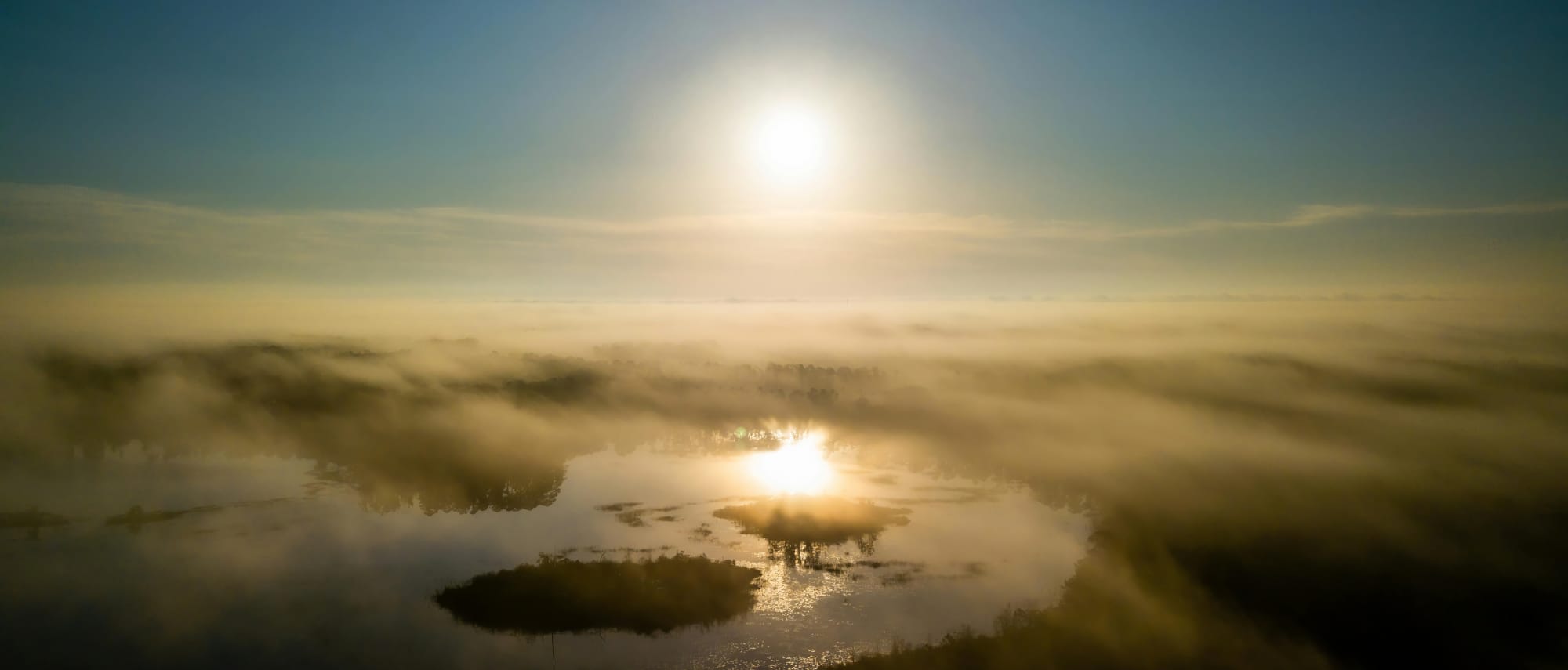
A new national park? Lawmakers call for 2,800 square miles of Florida Springs wilderness to become America’s 64th national park
Lawmakers in Florida are pushing for 2,800 square miles of Florida wilderness to become America’s 64th national park.
The proposed bill, the ‘Path to Florida Springs National Park Act’, aims to protect the sensitive habitats of the Florida springs and bolster interest in the area.
If approved, the bill would designate large parts of the Florida wilderness, including the popular Ocala National Forest, as a new national park.
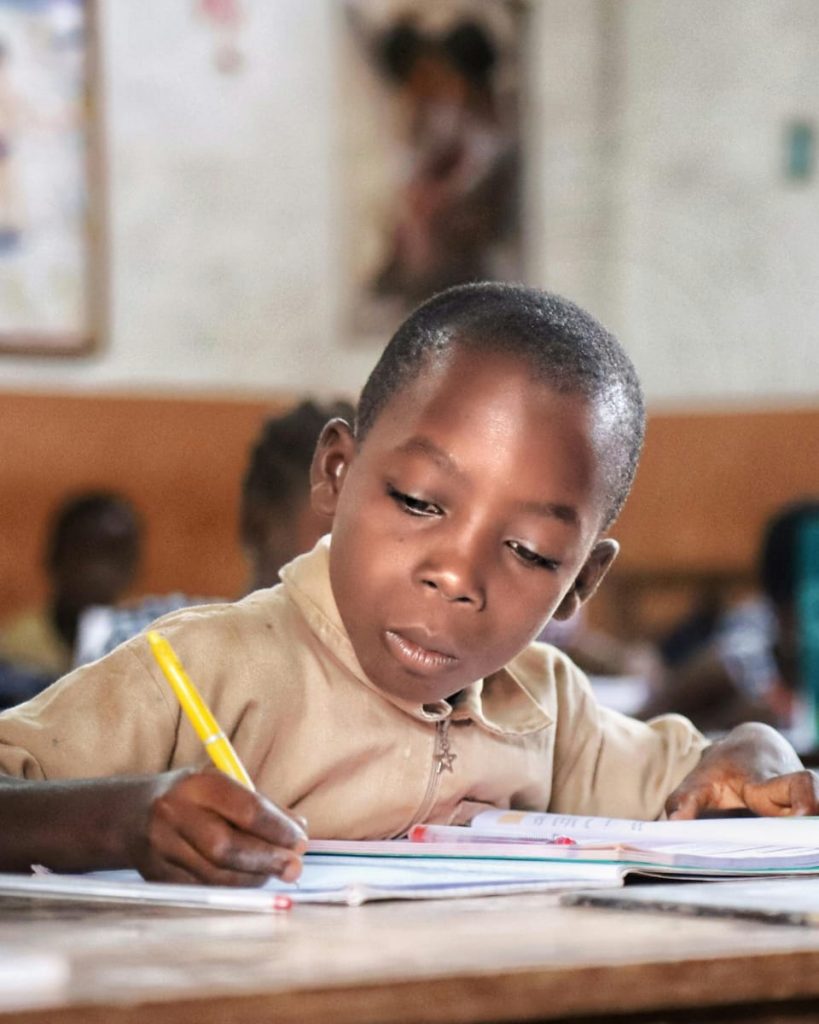
Mike Teke backs $1.1 million education program for vulnerable children in South Africa
Seriti Resources, led by CEO Mike Teke, is investing R19 million ($1.1 million) in early childhood development through the Seriti Power Community Trust.
The programme, focusing on Mpumalanga and the Free State, aims to strengthen school readiness and reduce dropout risks for children in mining communities. Seven centres have been constructed, equipped, and staffed to accommodate up to 750 children.

Kyndryl Signs White House Pledge to Invest in and Advance AI Education for America's Youth
Kyndryl and the Kyndryl Foundation signed the White House’s Pledge to America’s Youth: Investing in Artificial Intelligence (AI) Education.
As part of the coalition, Kyndryl is committed to supporting America’s youth by investing in AI education.
This supports President Trump’s vision of Advancing Artificial Intelligence Education for America’s Youth, which aims to provide opportunities for students to cultivate the skills and understanding necessary to use and create next generation AI technologies and solutions.
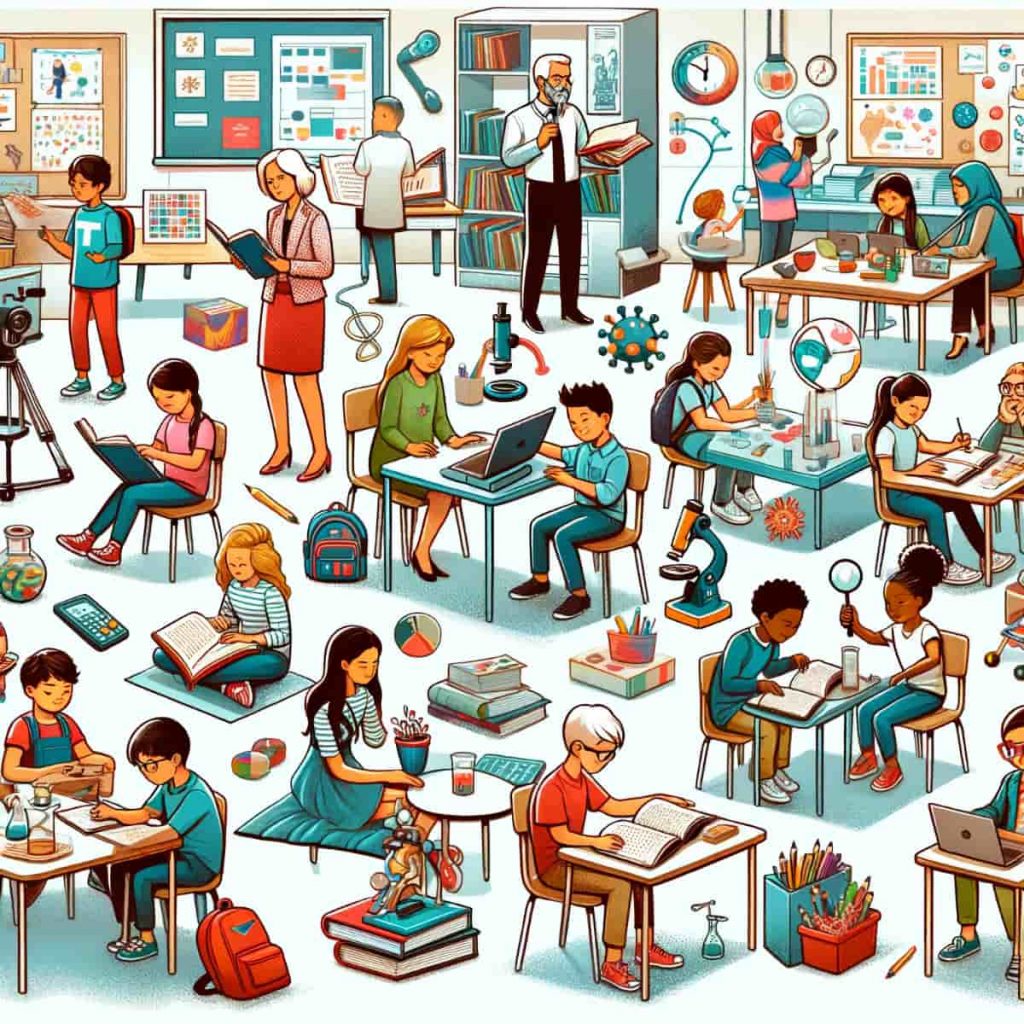
I got an AI to impersonate me and teach me my own course, here’s what I learned about the future of education
Imagine you had an unlimited budget for individual tutors offering hyper-personalised courses that maximised learners’ productivity and skills development.
The author used an AI tutor agent to create a personalised master’s course based on their own work. The agent, trained on the author’s multimedia output, delivered a well-structured and intellectually challenging course.
This experiment highlights the potential of AI in education, suggesting it could enhance personalised learning and motivation, while also emphasising the continued importance of human teachers in guiding the learning experience.
So too in teaching. AI threatens the learning space, yet can liberate powerful interaction. A prevailing wisdom is that it will make students dumber. But perhaps AI could actually be unlocking for students the next level of personalisation, challenge and motivation. pic
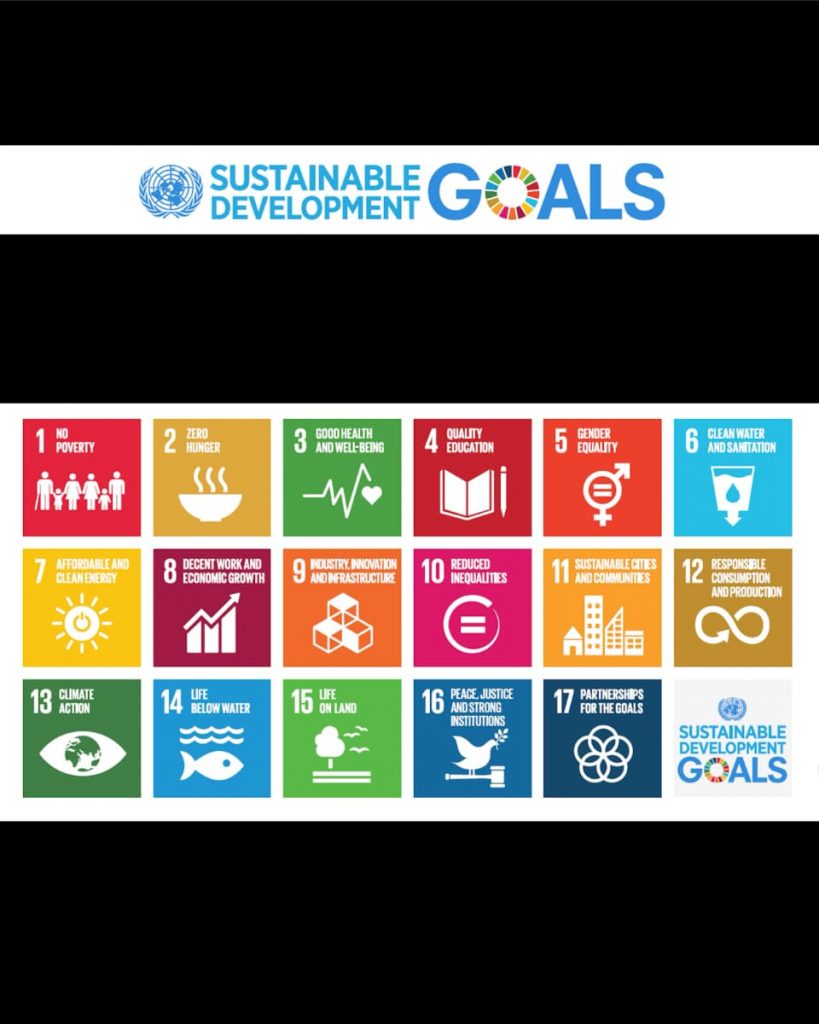
Can GDI overtake SDGs?
The Sustainable Development Goals (SDGs) face challenges due to bureaucratic hurdles, and ideological resistance to multilateral cooperation. The so-called developed world (Global North) has consistently failed to meet its financial commitments, delivering less than half of the promised 0.7 per cent GDP in aid.
China’s Global Development Initiative (GDI) offers a pragmatic alternative through bilateral deals and infrastructure investments, but it needs refinement to address debt concerns, opacity, and environmental impact.
A synthesis of the SDGs’ comprehensive framework with the GDI’s action-oriented approach could be the most effective path forward. pic

UN@80: Quality education is the foundation of sustainable development goals
Quality education, with the power to foster innovation, stimulate creativity, generate new ideas, and truly eradicate poverty, is the foundation of every other sustainable development goal, said Ameh Glory Ene-dugbo-ojo, representative of the Northern Surveyors Forum of Nigeria.
She added that quality education gives you the confidence to articulate your ideas and achieve results throughout your life, thanks to the knowledge you gain.
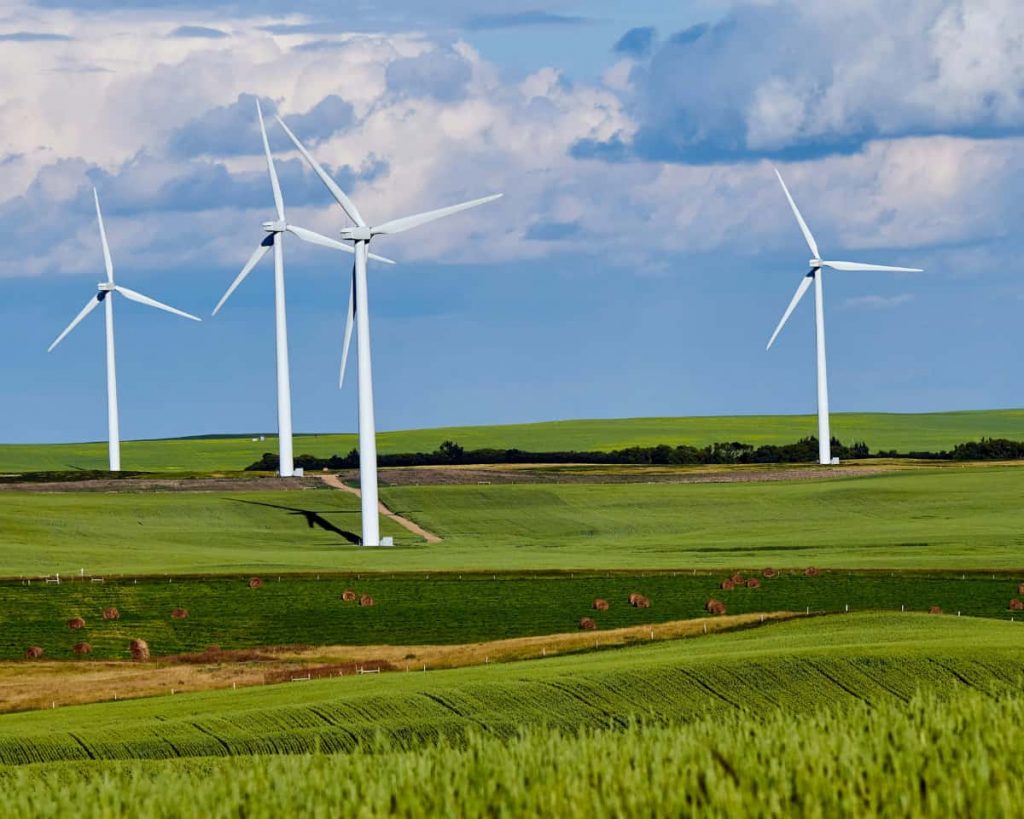
Can we force a climate breakthrough? Scientists outline strategy to tip the system
Climate scientists have long warned about negative tipping points – such as melting glaciers and thawing permafrost.
This study shifts the focus to potential key moments for climate action.
“Positive tipping points in human societies and economies can spark rapid reductions in emissions and other environmental harm,”; The global switch to renewable energy has now passed a “positive tipping point”.
“Other transformations – such as a major shift away from meat consumption – might also be more likely than they appear.”
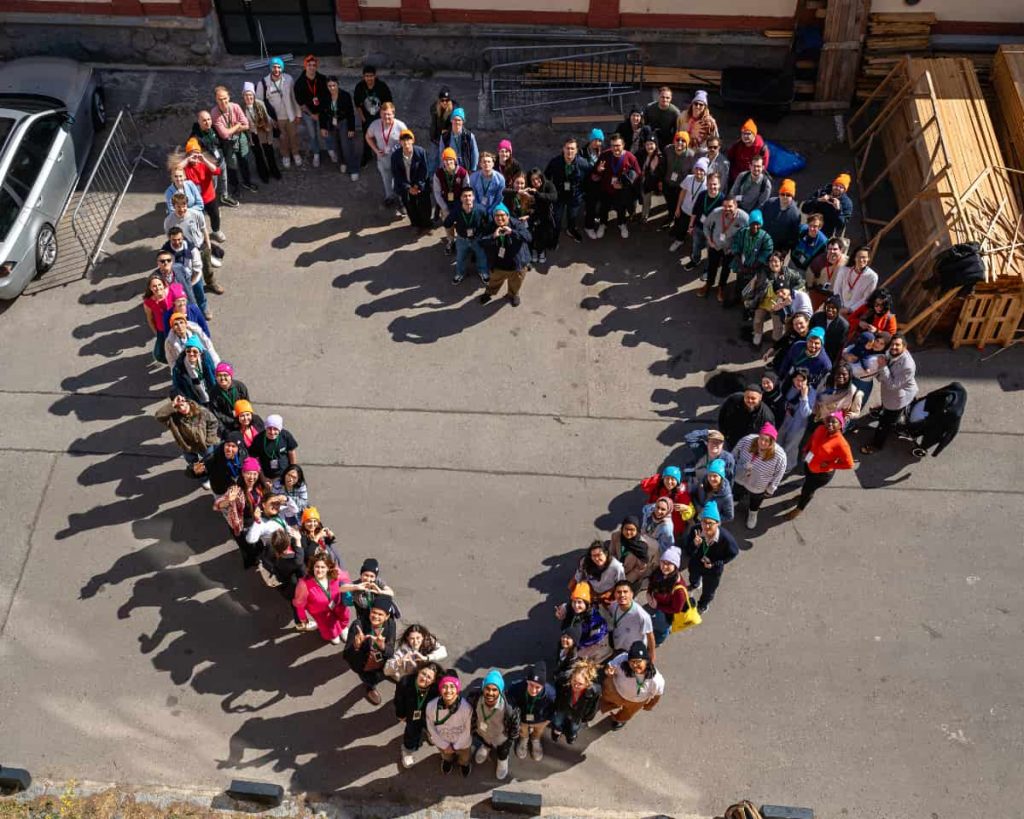
SDGs: UN, others harp on support for youth-led solutions
The UN Secretary-General emphasised the need for global support for youth-led solutions to achieve the Sustainable Development Goals (SDGs). He highlighted the importance of youth involvement in local actions and peace processes, urging them to avoid being used to disrupt Nigeria’s peace and unity.
The event, organised by the UN Information Centre and S.M.I.L.E, celebrated International Youth Day and emphasised the role of youth in driving the SDGs.
pic International Youth Day
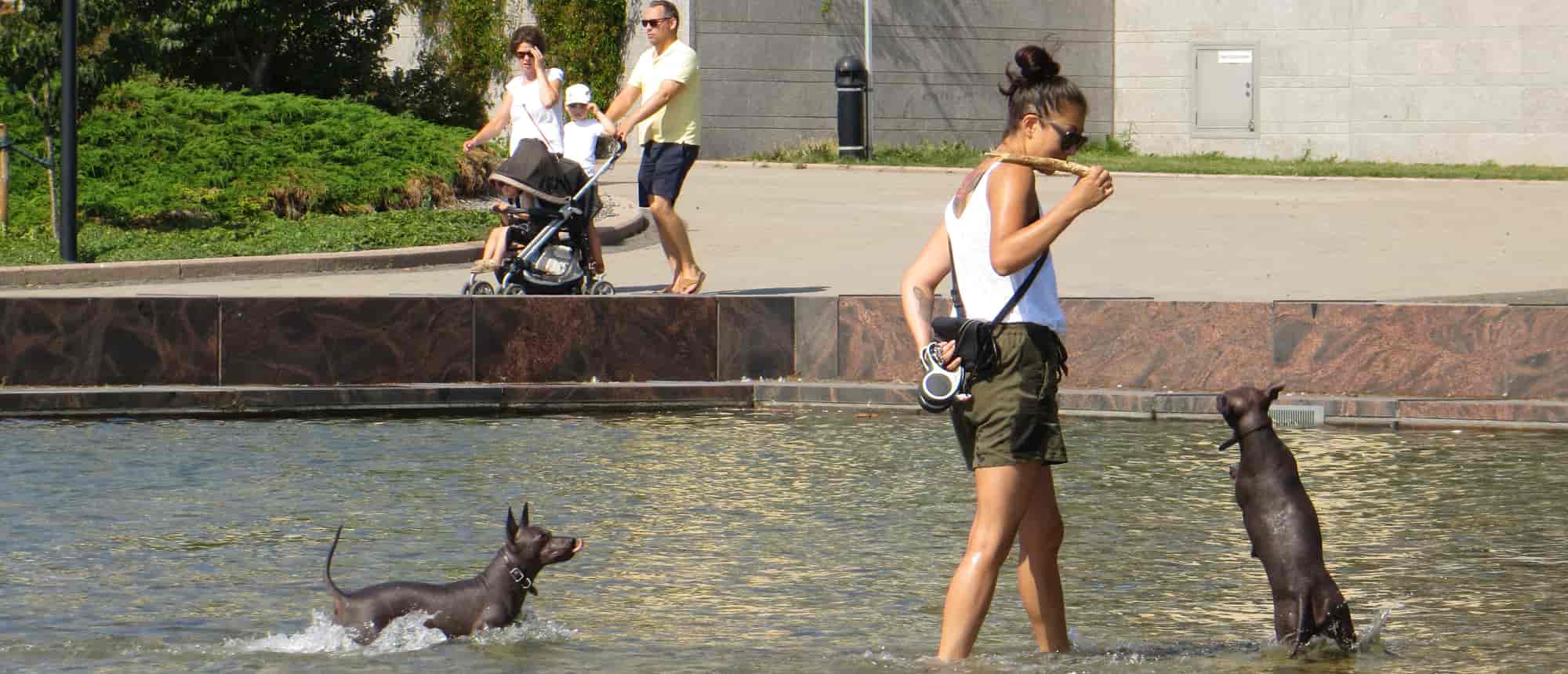
Could the temperature in the UK reach 40C again?
In July 2022, the UK experienced its first recorded temperature above 40C, with Coningsby in Lincolnshire reaching 40.3C.
The Met Office predicts a 50-50 chance of seeing a 40C day again within the next 12 years, attributing this to climate change.
While an Atlantic influence may keep temperatures lower later in July and August, there is still a possibility of hot weather spells.
Climate change is leading to heatwaves lasting longer, happening more often and being more severe. And we have already had three of them this year.

Lisbon introduces citywide reusable cup scheme
Lisbon launched a citywide reusable cup programme on 26 June 2025, aiming to reduce plastic waste and carbon emissions.
The programme, supported by a deposit-return framework, will be fully implemented by October 2025 and will include at least 17 return stations in the city centre.

UNESCO appoints Indigenous co-chairs to protect languages and knowledge amid climate crisis
Two Indigenous researchers from Canada and India have been tapped to co-chair a new role dedicated to advancing Indigenous rights; the co-chairs aim to protect Indigenous languages and ways of life, which are threatened by climate change and colonialism.
They emphasise the importance of recognising Indigenous knowledge systems and languages as crucial for addressing climate change and achieving sustainable development goals.
pic Groups of tribal from various state in India
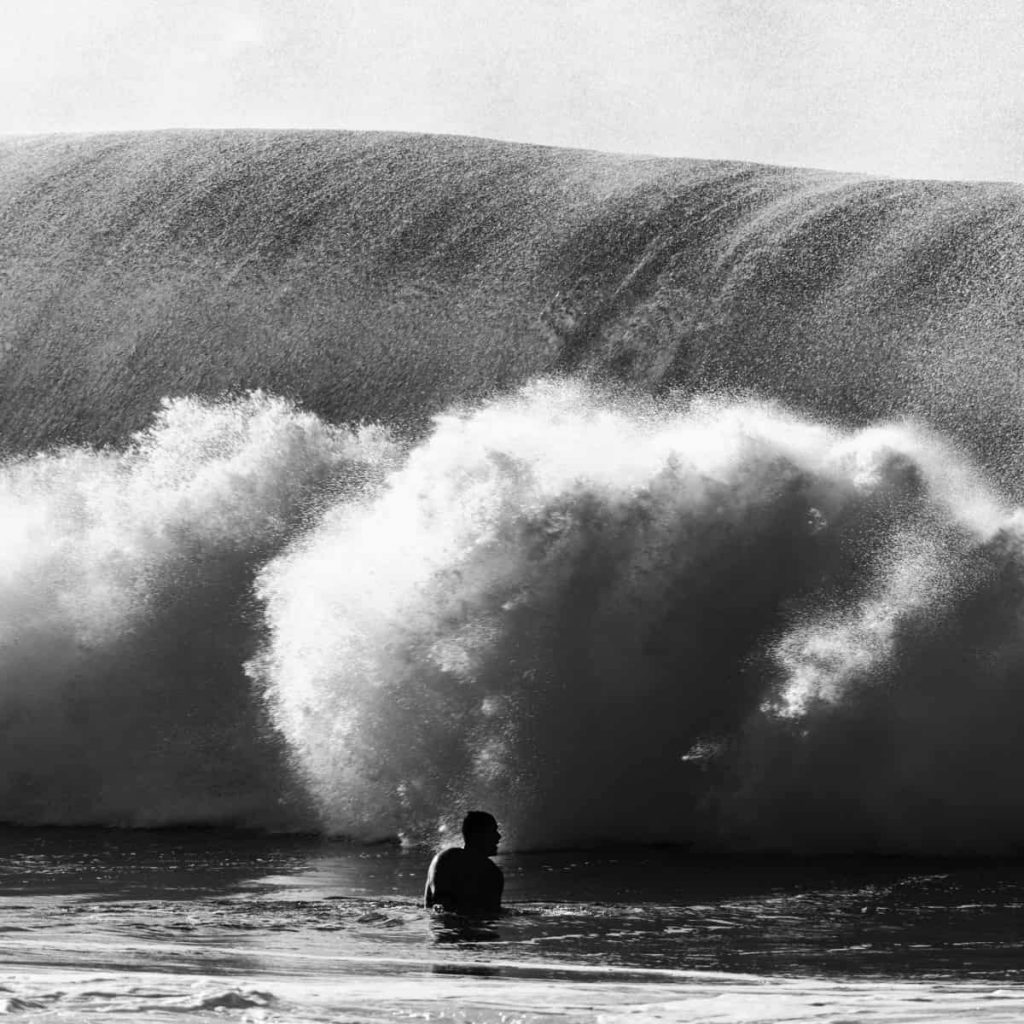
What Happens to People Who Move to the Beach? A Massive New Study Shows an Unexpected Benefit
A study of 66,000 census tracts in the US found that people living within 30 miles of an ocean or gulf have longer life expectancies than those living further inland.
The researchers hypothesise that this is due to milder temperatures, better air quality, improved transportation, and higher incomes.
but… People who lived in urban areas near inland bodies of water — things like lakes and rivers — actually had lower life expediencies than those who weren’t near water at all.

Overwhelmed but undeterred: Understanding Gen Z’s mental health in the face of relentless global crises
60% of young people report feeling overwhelmed by the news, according to a new report from the Global Coalition for Youth Mental Health, a UNICEF-led private-sector partnership initiative.
Only half of Gen Z feel knowledgeable about available mental health resources, and just 55% believe their coping mechanisms are effective. Gen Z are powerful agents of change, bringing new ideas and perspectives that can help shape a better future for all of us.
The Global Coalition for Youth Mental Health was established by @UNICEF with the support of the Z Zurich Foundation.
“If we can listen more deeply — not just to the facts, but to the feelings — we can begin to design and scale solutions that are grounded in empathy and centered on human well-being. Mental health must no longer be treated as a side effect of global disruption; it must be part of how we respond, recover, and reimagine our future.” (UNICEF’s Global Mental Health Lead, Dr Zeinab Hijazi)
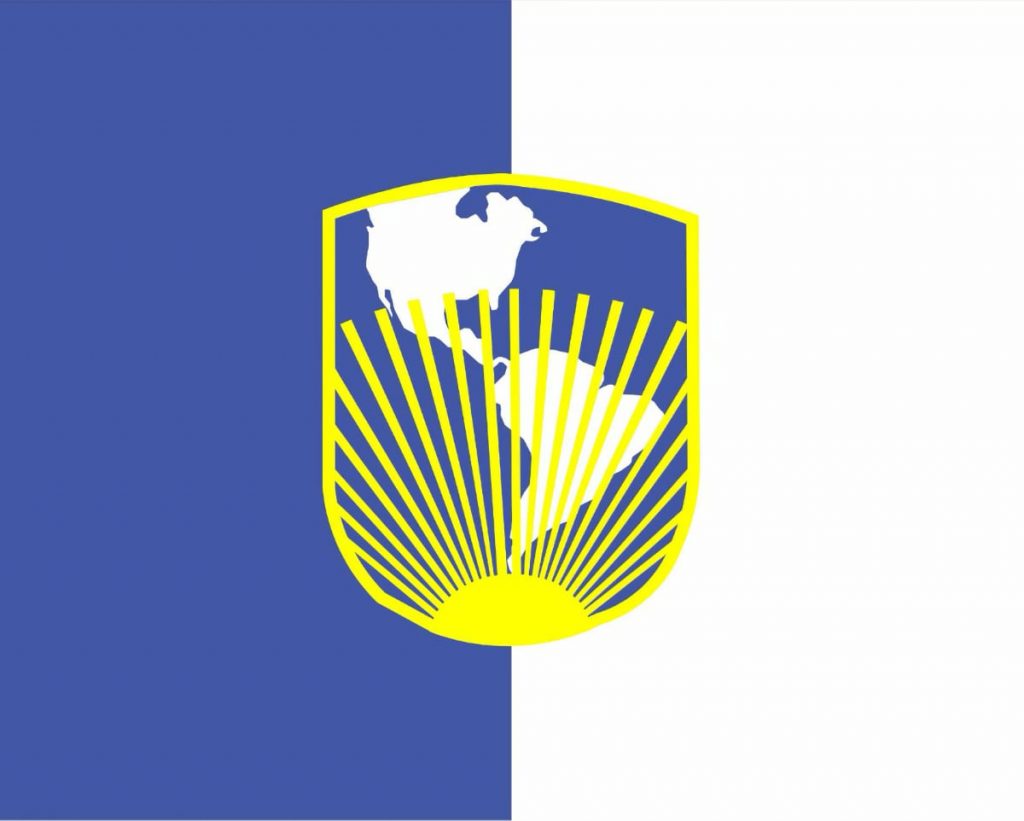
Bank unveils green loans plan to unlock trillions for climate finance
The Inter-American Development Bank (IADB) proposes using public money to back renewable energy loans in developing countries.
This would free up private sector investment for climate finance.
The plan, pioneered by Avinash Persaud, involves development banks buying existing green loans, repackaging them with guarantees, and requiring the proceeds to fund new projects.
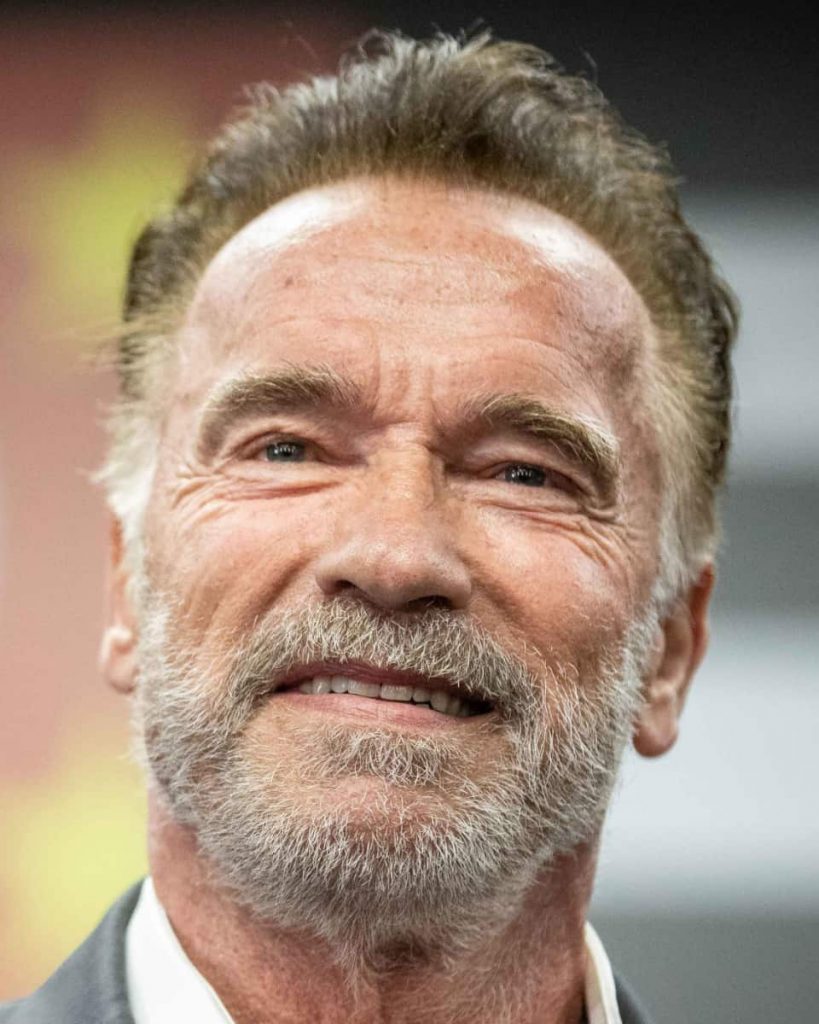
Schwarzenegger: Hey, stop whining, do something on climate change
Actor and activist Arnold Schwarzenegger has told the BBC people should “stop whining” about US President Donald Trump’s approach to climate change.
Speaking to Laura Kuenssberg at the Austrian World Summit, organised by the Schwarzenegger’s Climate Initiative, he said the president was not a barrier to change.
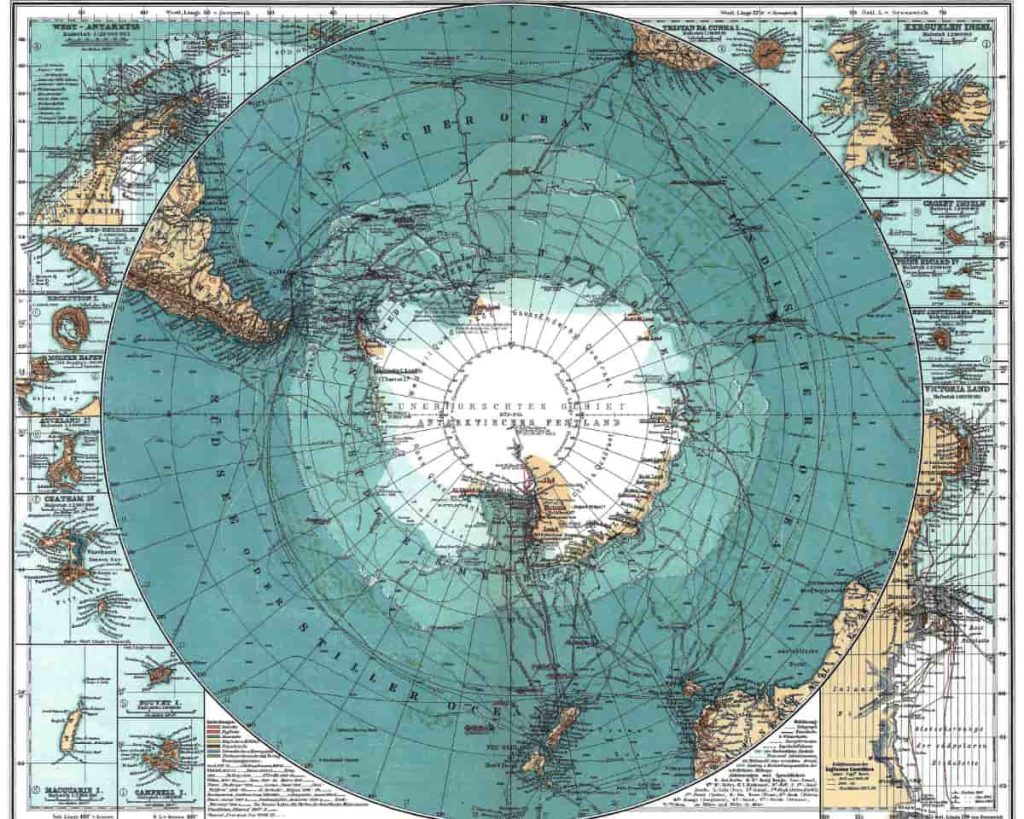
Scientists have filmed anchor damage in the Antarctic for the first time. Here’s what they saw
“The observed damage was a near miss to three giant volcano sponges, believed to be the oldest animals on the planet, which may live up to 15,000 years,”
“Many other species, including Antarctic sun stars, giant Antarctic octopus, sea spiders, and a variety of fish, were recorded at anchorable depths.
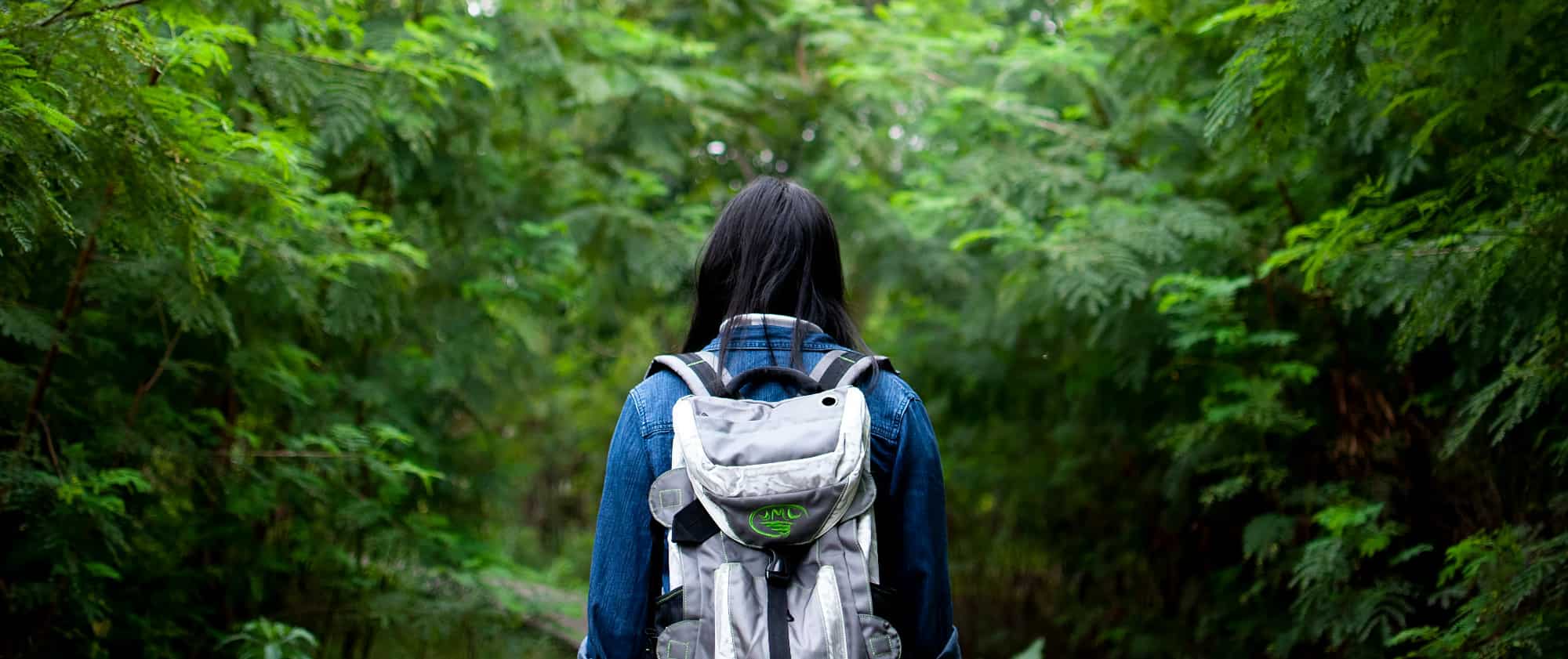
Sustainable Travel Tips: How to Minimize Waste and Reduce Your Carbon Footprint
Pack a Zero-Waste Travel Kit
Use Reusable Mini Bottles for Toiletries
Make Mindful Choices to Reduce Waste
Carry a Reusable Steel Water Bottle
Travel Light and Choose Sustainable Options
Bring Reusable Essentials for Eco-Friendly Travel
Opt for Shampoo Bars and Reusable Bottles
Pack a Collapsible Water Bottle for Hydration
Refill Your Water Bottle to Avoid Plastic
Utilize Tote Bags for Shopping and Outings
Choose Ground Transport Over Flying
Dine at Local Markets for Sustainable Eating
Create a Compact, Refillable Travel Kit
Bike When Possible to Reduce Emissions
Bring a Portable Water Filter for Drinking
Pack Eco-Friendly Items for Waste Reduction

What would happen to the Earth if humans went extinct? Here's what scientists think
Climate change may lead to mass extinction, but life on Earth will recover. However, a new dominant species replacing humans is unlikely due to our unique environmental impact.
Are we due for another Ice Age
Earth is in a cool period marked by alternating glacial and interglacial phases. We’re currently in an interglacial period that began 11,700 years ago.
Can Earth recover?
Yes—life will continue, even without us.
pic Earth, Sans Life
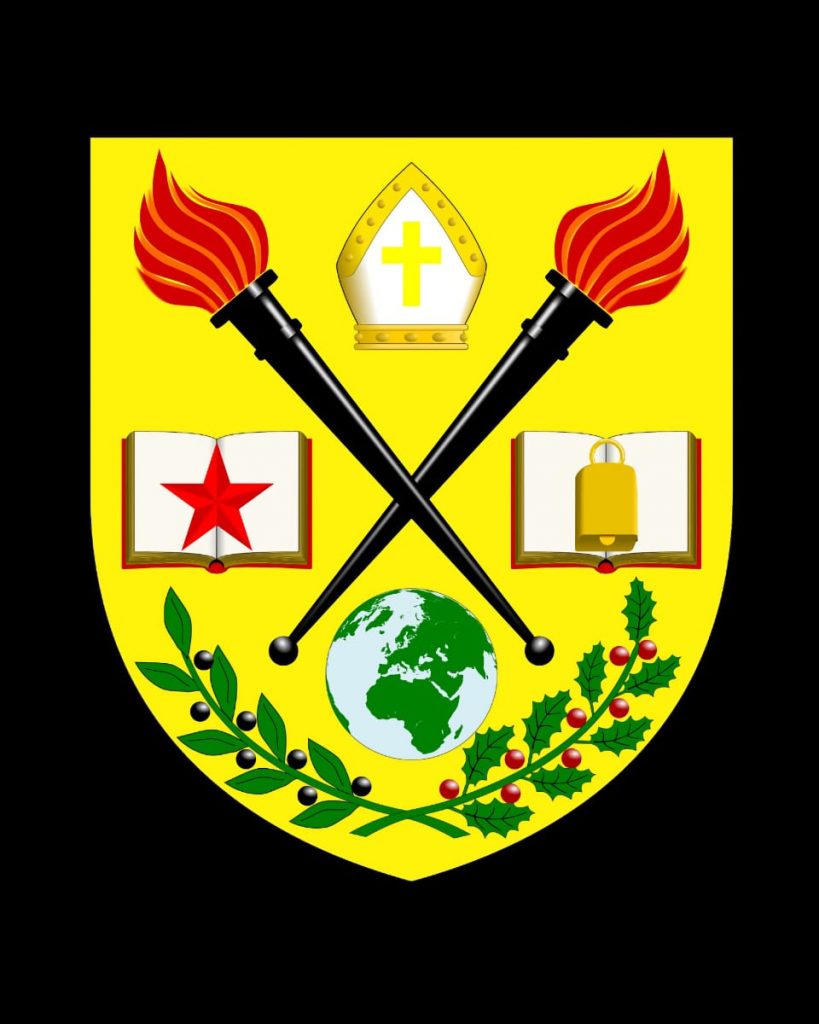
The need for integrated thinking at universities: from Covid-19 to the Sustainable Development Goals
A joined-up approach between universities, public services, and businesses, proven effective during the pandemic, is now essential to accelerate progress on the UN Sustainable Development Goals.
Universities play a critical role in tackling global challenges through their research, teaching, and community networks. To turn potential into impact, institutions must:
• Focus academic expertise on local sustainability
• Integrate sustainability across all curricula
• Invest in green infrastructure
• Partner with government, businesses, and NGOs
• Adopt sustainable practices campus-wide
• Engage communities through training and outreach
— Professor Abeer Hassan, University of the West of Scotland
pic Shield of arms of the University of the West of Scotland
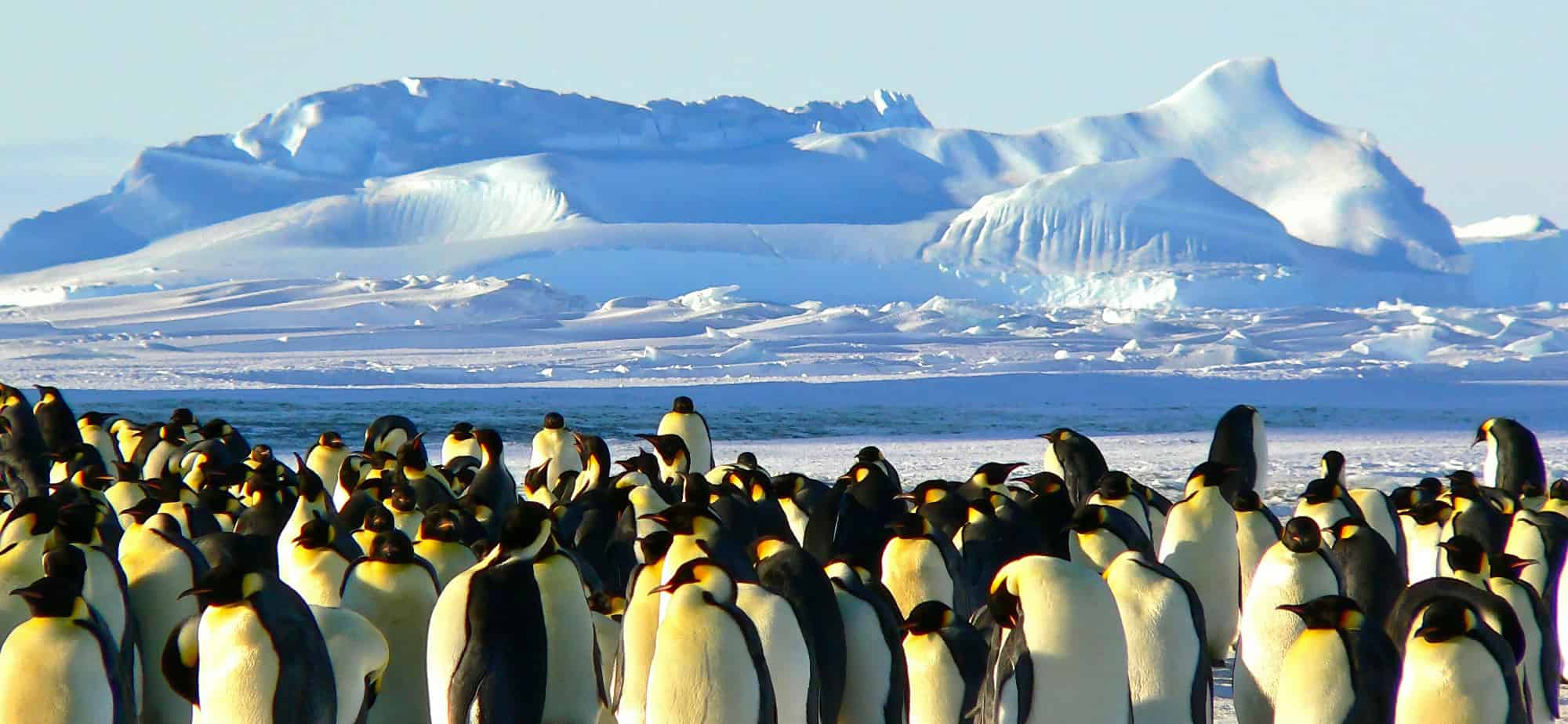
Penguin poo creates clouds that help cool the planet, study finds
Antarctica’s number one cutest animal might be saving the planet with its number two.
A recent study published in Communications Earth & Environment suggests that ammonia released from penguin guano, the waste excreted by penguins, may contribute to the formation of clouds that provide insulation for the Earth and mitigate the melting of sea ice.
These findings underscore the intricate interconnectedness of Antarctic ecosystems and Earth’s climate systems, underscoring the significance of comprehending local processes in the context of global climate change.
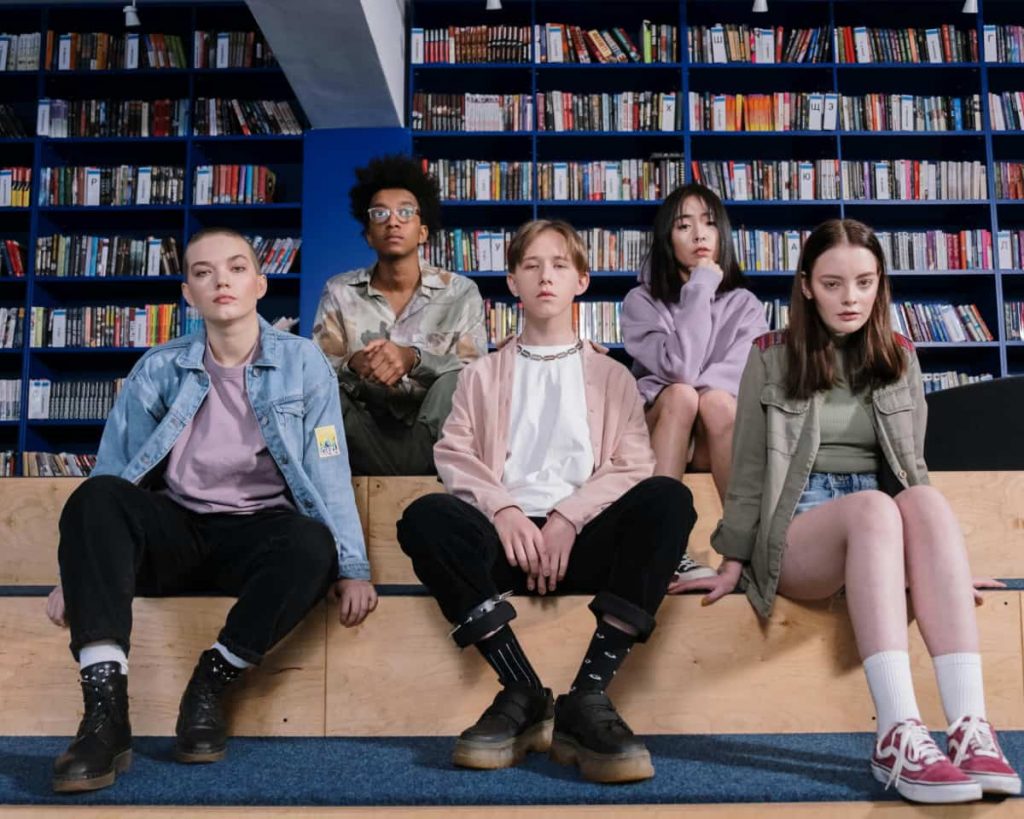
Youth perspectives on climate
As of 2024, there were over 1.2 billion people aged 16 to 24 in the world, representing a decisive force for addressing the climate crisis.
A Capgemini Research Institute report, co-developed with UNICEF, delves into the perspectives of youth regarding the climate crisis and their views on “green skilling.”
The report, derived from a survey conducted among 5,100 youth across 21 countries, underscores youth’s concerns about climate change, their interest in green job opportunities, and their aspiration for enhanced influence in environmental policy.
It underscores the imperative for collaborative efforts between youth, businesses, and governments to effectively address climate change and foster the development of green skills.

On thin ice: Why this legendary Dutch skating race may never happen again
The Elfstedentocht, a legendary Dutch skating race.
The race requires consistently cold temperatures and dry conditions for the ice to form properly. Climate change is making it less likely that these conditions will occur
2025 will mark 28 years since the last event was held…
pic Elfstedentocht. Hindeloopen
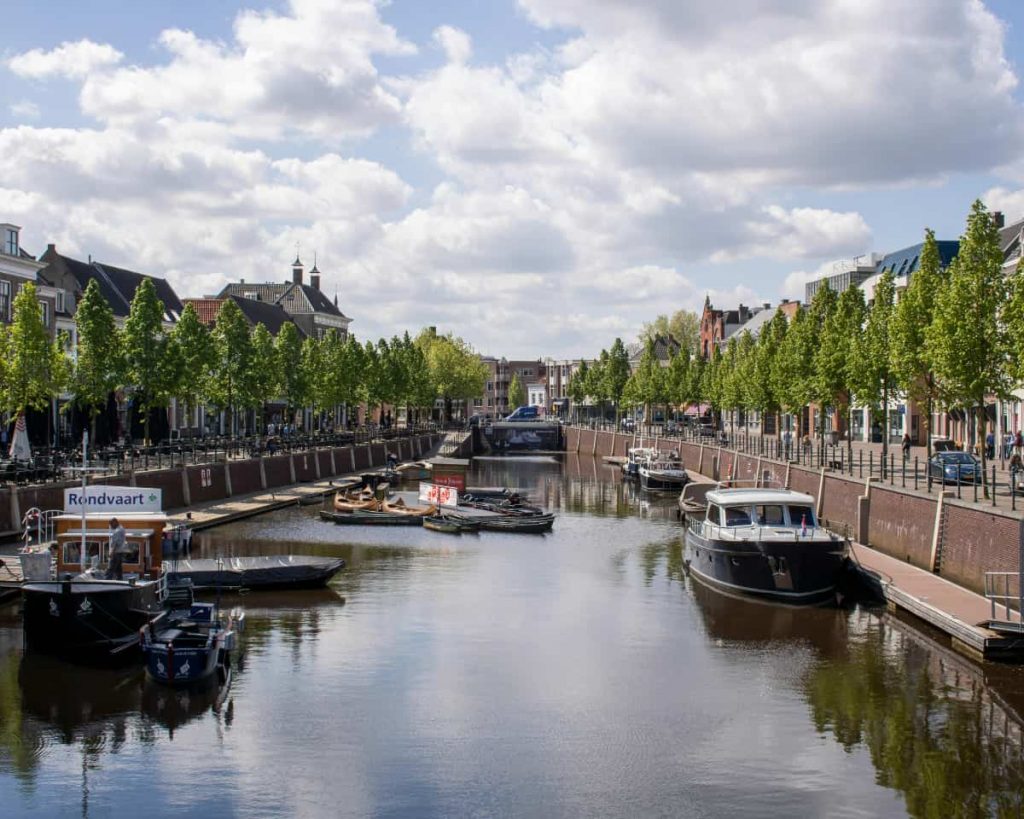
Urban wilding and climate resilience: How Breda became the EU’s first National Park City
Breda, the Netherlands, has been designated as the inaugural National Park City within the European Union, commending its unwavering dedication to sustainability, biodiversity conservation, and equitable access to green spaces.
This recognition is a testament to over a decade of concerted efforts to restore wetlands, enhance urban greenery, and foster community engagement in urban planning that prioritises the preservation of nature.
Breda’s pioneering initiatives serve as a beacon of inspiration for other European cities, prompting them to adopt similar measures in their pursuit of addressing climate change and mitigating the decline of biodiversity.

A Biotech Firm Says Its Genetic Tweaks of a Wolf Amount to ‘De-Extinction.’ What Does This Mean For Living Species?
A company recently claimed it revived an extinct species, launching a debate across scientific and conservation communities.
On Monday, Colossal Biosciences announced that it had used a complex genetic process to bring back the dire wolf—an imposing lupine that roamed North America long ago before the species met its demise. Experts agree that these animals aren’t truly dire wolves, but rather a genetically tweaked version of modern-day gray wolves.
Critics worry it could downplay the urgency of the biodiversity crisis and divert resources from protecting existing endangered species.
pic Gray Timber Wolf
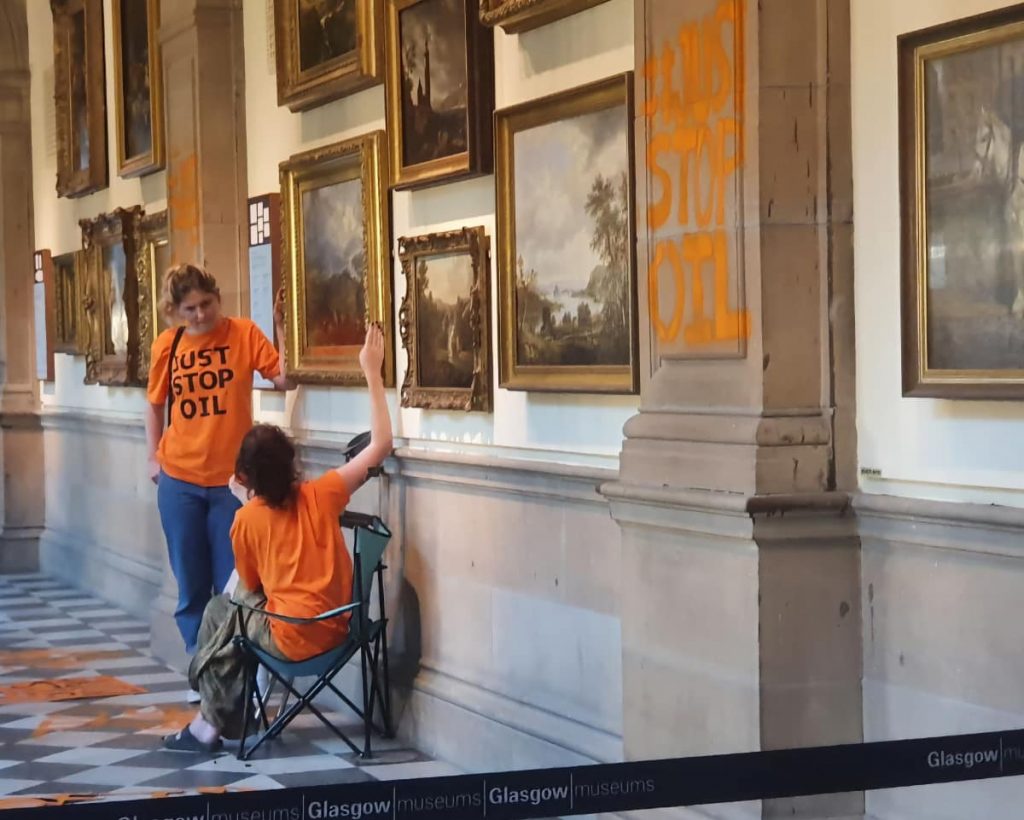
Just Stop Oil to end disruptive protests with final demonstration date announced
Environmental campaign group Just Stop Oil announced it will cease disruptive action, following a final protest in Parliament Square on 26 April.
The campaign group revealed it would be “the end of soup on Van Goghs, cornstarch on Stonehenge and slow marching in the streets” as the group plans to “hang up the hi vis” and stop direct action. Finally!
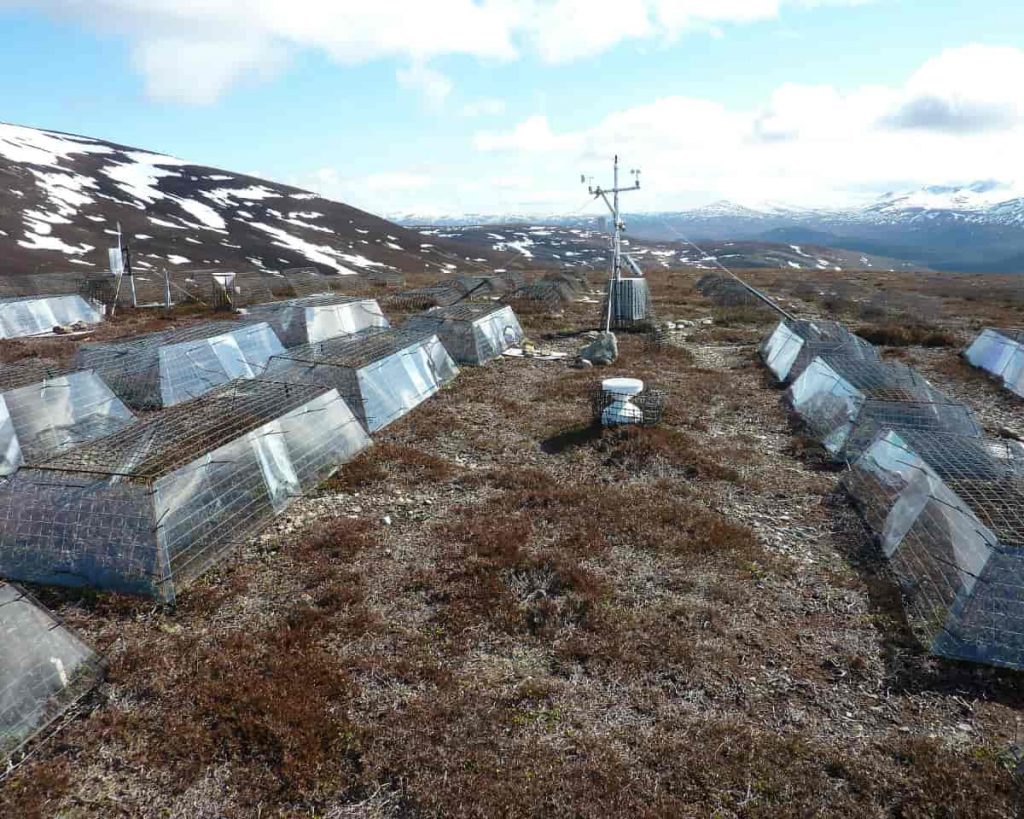
Why Climate Action Is So Vital For The U.K.
Recent political shifts pose a significant threat to the substantial progress made in climate action in the United Kingdom.
Backtracking on net-zero targets, as some suggest, would be economically detrimental and potentially lead to isolation of the UK from global markets. Therefore, the UK should maintain its commitment to climate leadership to ensure its future prosperity and energy security.
pic Climate Change experiment at Culardoch

How well is Africa doing across the Sustainable Development Goals?
Africa’s progress on the Sustainable Development Goals (SDGs) varies widely, with some areas showing improvement while others lag behind.
While Africa has made strides in HIV/AIDS treatment and reducing HIV incidences, it faces challenges in poverty reduction, food insecurity, and access to basic services.
Strengthened implementation systems are crucial for accelerating Africa’s sustainable development and bridging the gap with global progress.
pic Photo by Aaditya Arora
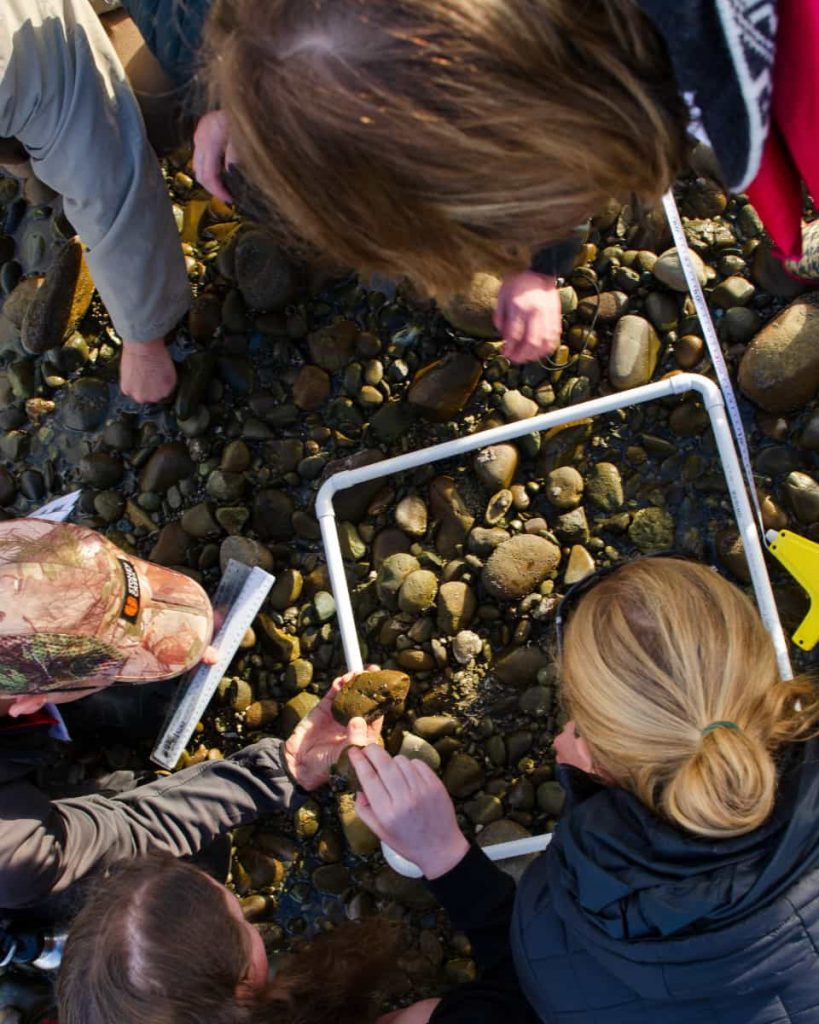
How to teach climate change so 15-year-olds can act
The OECD’s Pisa program will measure 15-year-olds’ ability to act on climate change in 2025.
The program focuses on students’ understanding of human interactions with Earth systems and their ability to make informed decisions.
Australia is a relative latecomer in embedding climate change in education, but there are calls for a national strategy to incorporate learning across all subjects and levels.

COP29: Digital tech and AI can boost climate action, but curbing the sector’s emissions is key
The COP29 Declaration on Green Digital Action received endorsements from over 1,000 governments, companies, civil society, international, and regional organisations.
Recognising the importance of digital technologies in mitigating and adapting to climate change, the declaration outlines how digital innovations can reduce greenhouse gas emissions and provide life-saving community information.
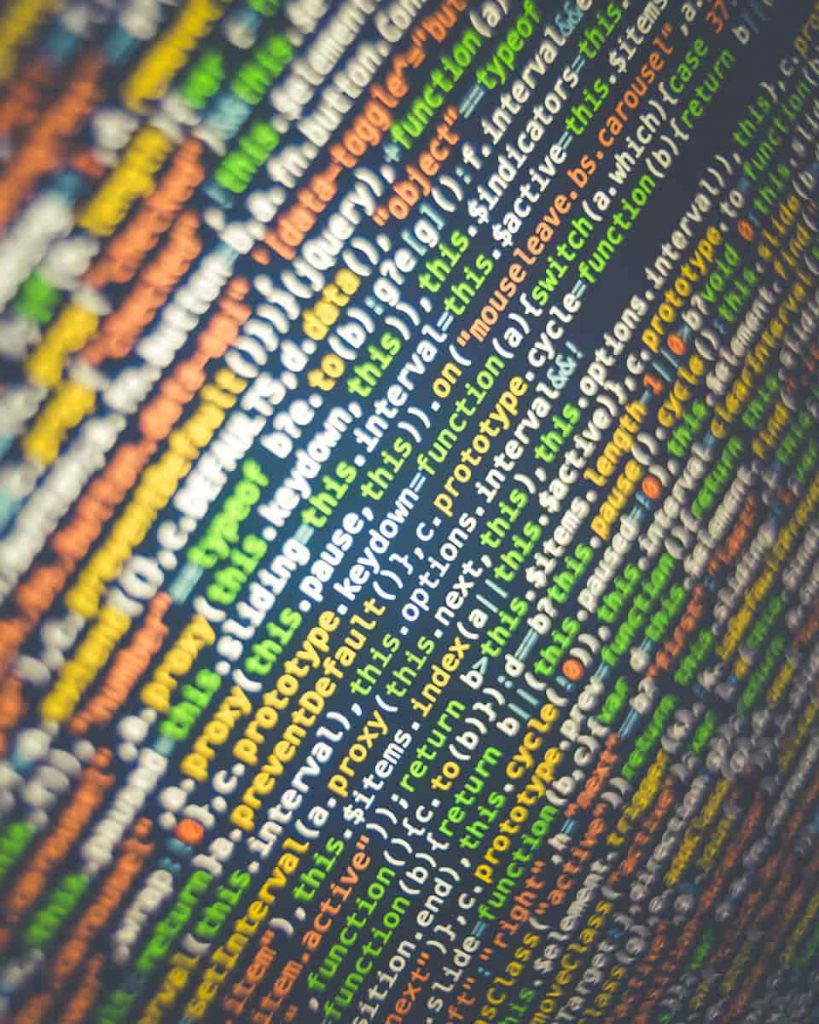
Why We Need Decentralized AI
Artificial intelligence (AI) is revolutionising the world, with a projected 40% annual growth and a trillion-dollar market by 2030. Crypto could potentially facilitate the development of open-source AI systems that address the limitations of current closed-source systems controlled by tech giants.
The current AI landscape is characterised by closed-source systems that raise concerns about unethical applications and manipulation, such as the promotion of addictive content or the perpetuation of biases. In contrast, open-source AI, with its publicly available source code, promotes trust and accountability. However, open-source AI faces challenges in terms of funding and coordination.
Corporate support for open-source AI, exemplified by Meta’s Llama 3.1, underscores its accessibility and adaptability.

Hype or Reality: Can AI Truly Combat Climate Change?
New and emerging AI technology is often touted as a beacon of hope, promising solutions to previously insurmountable challenges.
The World Economic Forum asserts that AI can play a significant role in the fight against climate change.
The United Nations believes that AI can aid in achieving all of its strategic development goals.
However, a coalition of environmental groups warns that people will be outraged by the substantial increase in energy consumption due to AI in the coming years, as well as its potential to spread disinformation about climate change. pic

UN unveils tool to track universities’ SDGs performance
On July 15, 2024, UNESCO launched the Sustainability Self-Evaluation Tool for Higher Education Institutions (SET4HEI).
This free, online, and open resource enables higher education institutions to assess their current and future contributions to the 17 UN Sustainable Development Goals (SDGs). These goals encompass areas such as eradicating poverty and hunger, combating climate change, promoting good health and wellbeing, ensuring clean and affordable energy, and achieving gender equality.
The tool is available in both English and Spanish.

How to supercharge climate action? Get schools involved
Schools are an underutilized asset for reducing the UK’s emissions, according to organizers of a new and engaging climate event.
Children, present in 43% of UK households, have a unique capacity to influence behavior through what Green calls “nagging power.” They also play a crucial role in disseminating ideas well beyond the confines of the classroom.
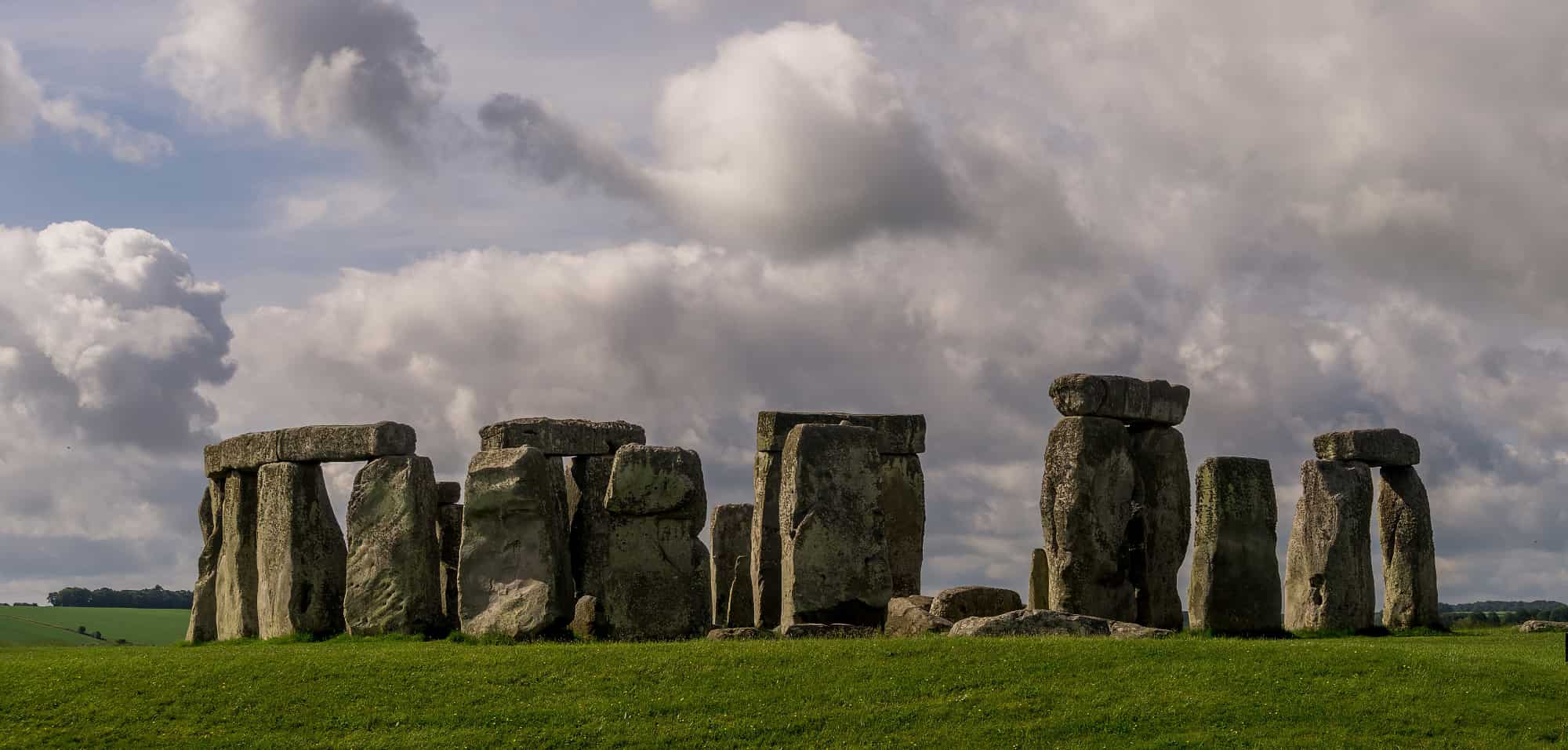
Just Stop Oil protesters cover Stonehenge in orange paint ahead of summer solstice
Stonehenge was sprayed with orange powder paint by Just Stop Oil activists.
Personally, I strongly dislike such actions. This is vandalism, if not terrorism, and I hope the perpetrators face serious consequences.
These actions undermine those who genuinely care about the planet and alienate potential supporters who might otherwise be sympathetic to the cause.
Unbelievable!
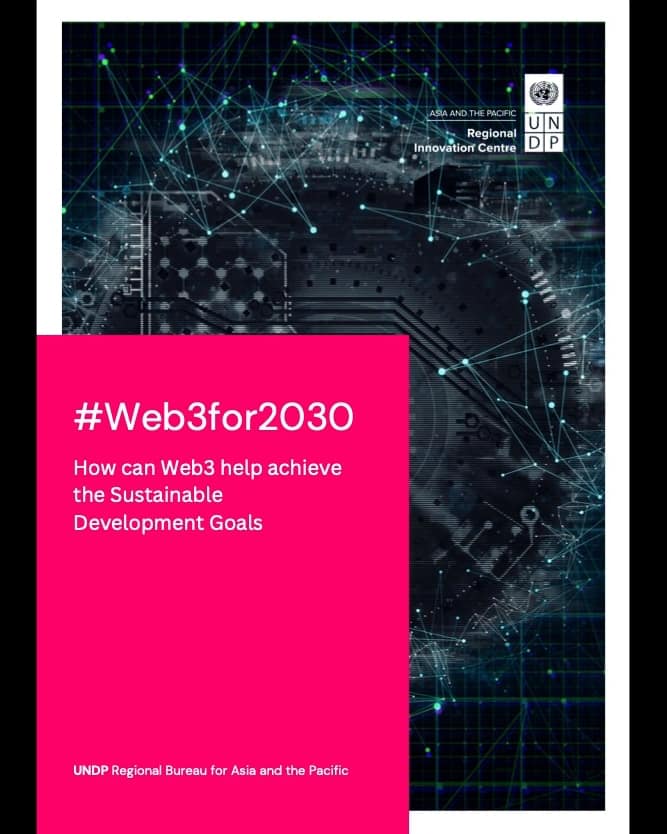
Web3for2030: How can Web3 help achieve the Sustainable Development Goals
Web3 is about changing our financial, economic, governance and innovation systems through “openness” and decentralisation.
If impact organisations like UNDP and other UN agencies develop the skillsets, mindsets, partnerships, and resources to harness the potential of Web3 there is significant potential to accelerate progress toward the goals.
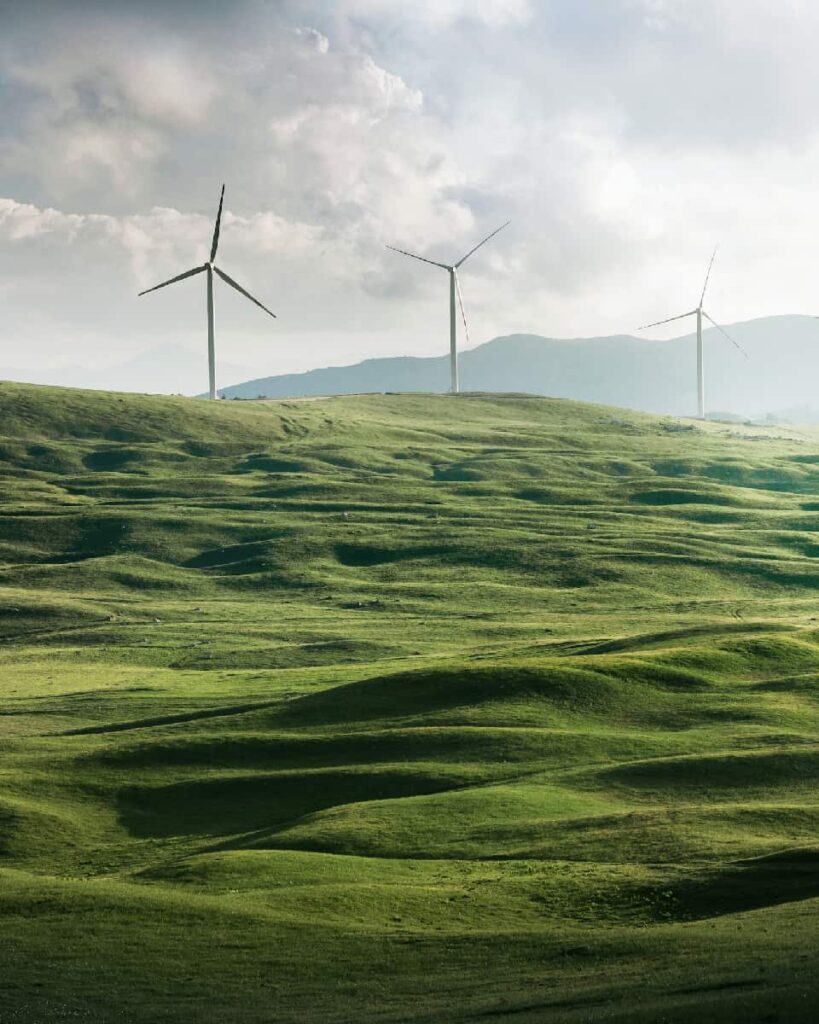
2023: The Year Blockchain Becomes a Sustainability Solution
The Ethereum network recently upgraded to PoS, which saw Ethereum’s energy usage drop by 99.9%.
With new green credentials, blockchain networks can be put to good use by improving tracking and verifiably proving emissions of a given organization or supply chain.
Due to their inherent immutability, accountability and transparency, blockchain can track carbon balances and other environmental measures, holding to account companies that proclaim to be sustainable. pic

Have an Idea That Meets UN’s SDG Goals? This Unique School Helps Thousands Implement It
A remarkable platform that combines people’s love for innovation with the sustainable development goals set by the United Nations.
The result is a host of ideas and solutions that cut across sectors like healthcare, education, energy, waste management, and more. pic

